How to Stay Cool and Prevent Heat Illness All Summer Long
When the temperature hits 90 and stays there for days, it’s important to take precautions to stay cool. These tips can help you and your loved ones stay safe in a heat wave.

By Monika Smith, DO, Emergency Medicine Physician, Chair, Department of Emergency Medicine—Virtua Our Lady of Lourdes Hospital
Summer brings sunshine, pool days, and cookouts, but when temperatures climb into the 90s (and stay there), heat-related illness becomes a serious concern.
When the temperatures hit record highs and stay there, it's important to take precautions to keep cool—and to make sure your loved ones do, too. According to the Centers for Disease Control (CDC), heat waves claim more lives than all other weather events, with an average of 618 heat-related deaths per year in the U.S.
These tips can help you and your loved ones stay safe during a heatwave:
- Hydrate before you feel thirsty. Try to drink at least a half-ounce of water for each pound you weigh. If you weigh 150 pounds, you should aim to drink a minimum of 75 ounces of fluids per day.
- Be mindful of your time spent outdoors. Try to limit your outdoor activities to early or late in the day. Set a timer on your phone for about 30 minutes and then come in to cool off.
- Wear sunscreen. To prevent sunburn and block the sun's most harmful rays, the American Academy of Dermatology recommends using at least SPF 30. Reapply more often if you're sweating or swimming.
- Know what medications affect your body's ability to regulate temperature. Some commonly used medications for managing AD/HD, allergies, blood pressure, depression, and thyroid disease make it more difficult for your body to regulate your temperature. Check the detailed side effects on the informational pamphlet that comes with your medication or discuss it with your primary care doctor or pharmacist.
- Monitor your children when they're outside. Outdoor playtime is essential for children's health and physical development, but high heat can put them at risk for heat illness. Check on your kids often to make sure they're not overheating, and reapply their sunscreen often. Make sure they're drinking water or sports drinks (low or no sugar) to stay hydrated.
- Check in with the older adults in your life. Older adults don't adjust well to sudden temperature changes, or they may have chronic medical conditions or take medications that affect their body's ability to regulate their temperature. High heat also can create stifling indoor temperatures that even fans can't relieve. The Low-Income Home Energy Assistance Program (LIHEAP) may be able to provide assistance with paying for home cooling. It also helps to spend time in a mall or library during the hottest part of the day.
- Look out for your athletes. If you have family members practicing for or playing sports, it's best to limit their outdoor activities to early or late in the day. They also should drink more water than usual to stay hydrated and avoid muscle cramps during moderate to vigorous activities.
Know the warning signs of heat illnesses
There's a range of heat-related illnesses with varying symptoms. It's important to be able to recognize the signs to prevent severe or life-threatening heat illness.
Here's what you need to know:
Heat rash
- More common in kids.
- Signs include small, red pimple-like blisters on the neck, chest, groin, and elbow creases.
- What to do: Get into a cool place and keep the rash dry, using powder if necessary to soothe the rash.
Sunburn
- Signs include painful, red, warm skin with or without blisters.
- What to do: Stay out of the sun until sunburn heals and don't pop blisters. Apply moisturizing lotion to sunburned areas and apply cool cloths or take cool baths for relief.
Heat cramps
- Usually occur during vigorous exercise.
- Signs include heavy sweating and muscle cramping, pain or spasms, especially in the leg muscles (quads/hamstrings/calves) and arms.
- What to do: Stop your activity and go to a cool or shady area. Drink 8 ounces of water or sports drinks with electrolytes every 30 minutes until you can urinate. Don't resume activities until your muscles cramps stop. If muscle cramps last more than an hour, get medical help right away.
Heat exhaustion
- Signs include heavy sweating, rapid heart rate, nausea or vomiting, dizziness or a feeling as if you're about to pass out, fatigue or weakness, cold or clammy skin.
- What to do: Stop your activity and move to a cool place. Remove as much clothing as you can and place cool cloths on the body to lower your temperature. Take sips of water or sports drinks until you start to cool down, and then drink 8 ounces of every 30 minutes until you can urinate. If your symptoms get worse or don't improve within an hour, seek medical help right away.
Heat stroke
- Signs include body temperature higher than 103 degrees, hot, red, dry skin, rapid heart rate, headache, nausea, confusion, dizziness, fainting, or loss of consciousness.
- What to do: Call 911. A heat stroke is a MEDICAL EMERGENCY that requires IMMEDIATE medical care. Move to a cool area. Remove as much clothing as you can and place cool cloths on the body. DO NOT drink anything.
Get the right care, right when you need it
When you need emergency care, don't delay. Virtua's emergency rooms are open 24/7.
For minor illnesses or injuries, visit one of Virtua's urgent care centers, which also offer telehealth visits.
There's So Much More to Explore
Discover expert insights, inspiring stories, health tips, and more by exploring the content below!

Understanding Food Addiction: Causes, Symptoms, and Recovery Strategies
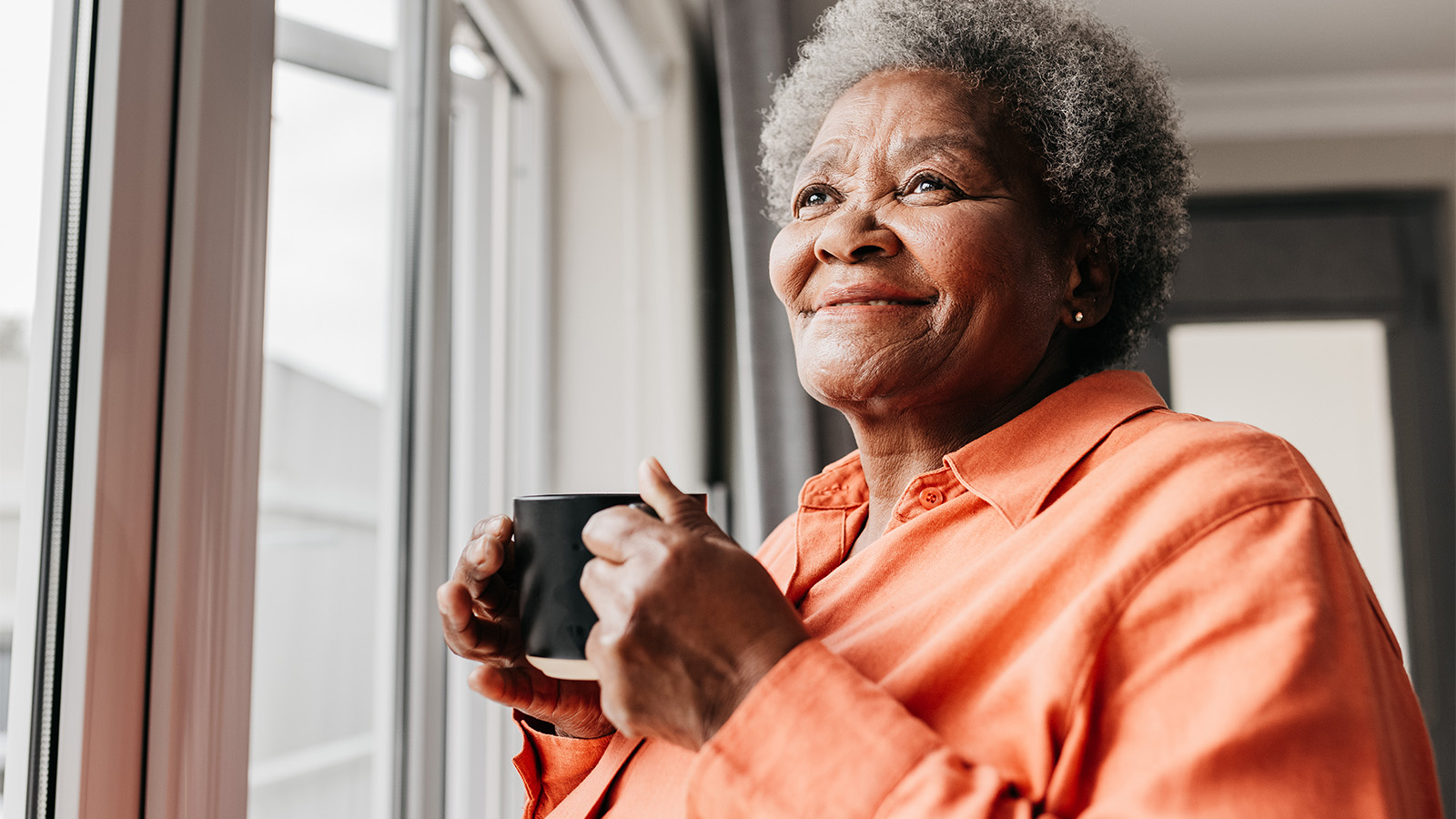
At-Home Colon Cancer Tests vs. Colonoscopy: Which Screening Option Is Right for You?

10 Hand Washing Tips to Keep You Healthy All Year
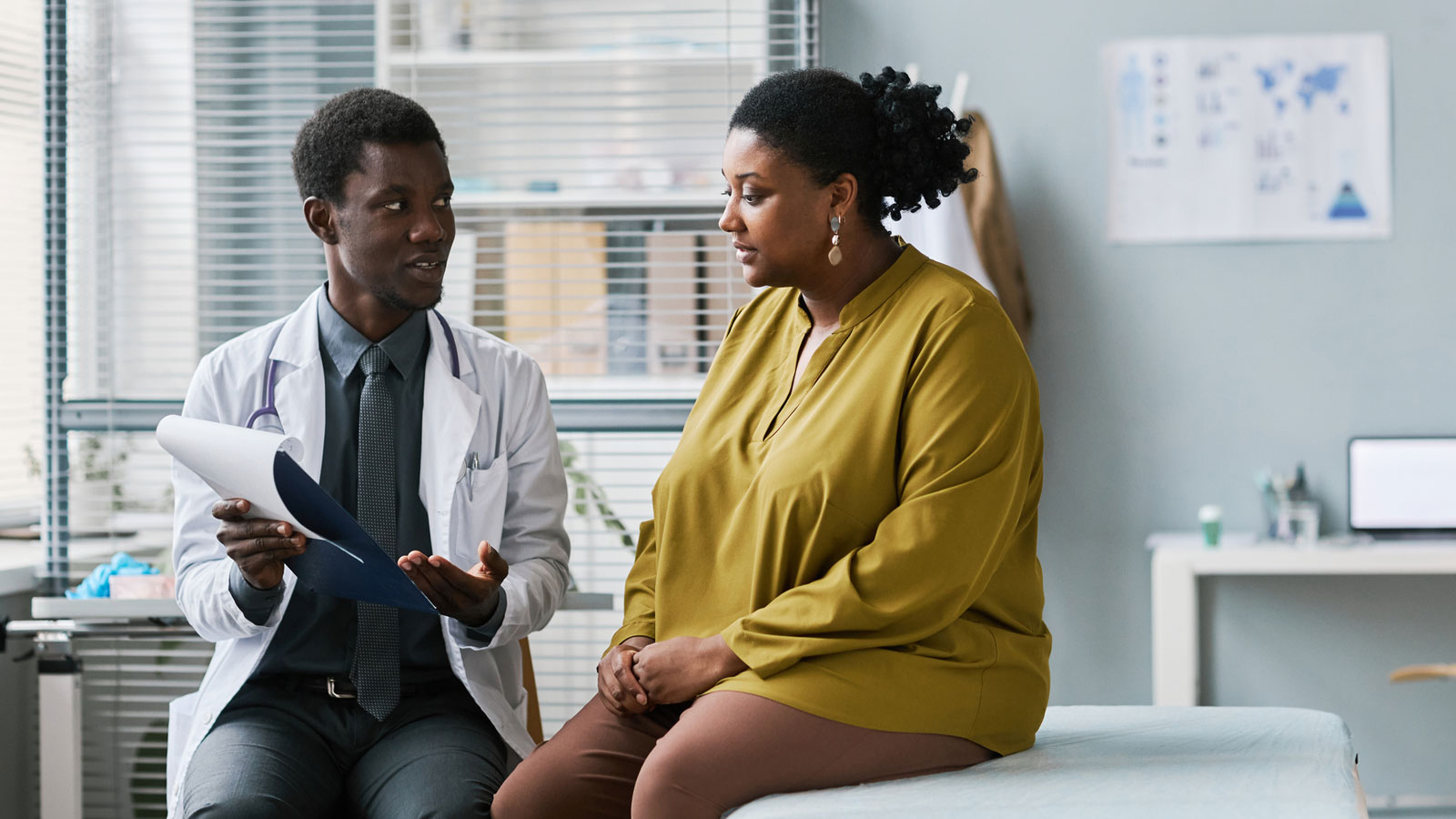
8 Signs It's Time to See a Gastroenterologist

How the Unique Stages of a Woman's Heart Affect Her Health

Cervical Cancer Screening Guidelines: What You Need to Know

HeartTalk Magazine

How to Spot the Early Signs and Symptoms of a Stroke

How Weight-Loss Surgery Can Improve Diabetes, Heart Health, and More
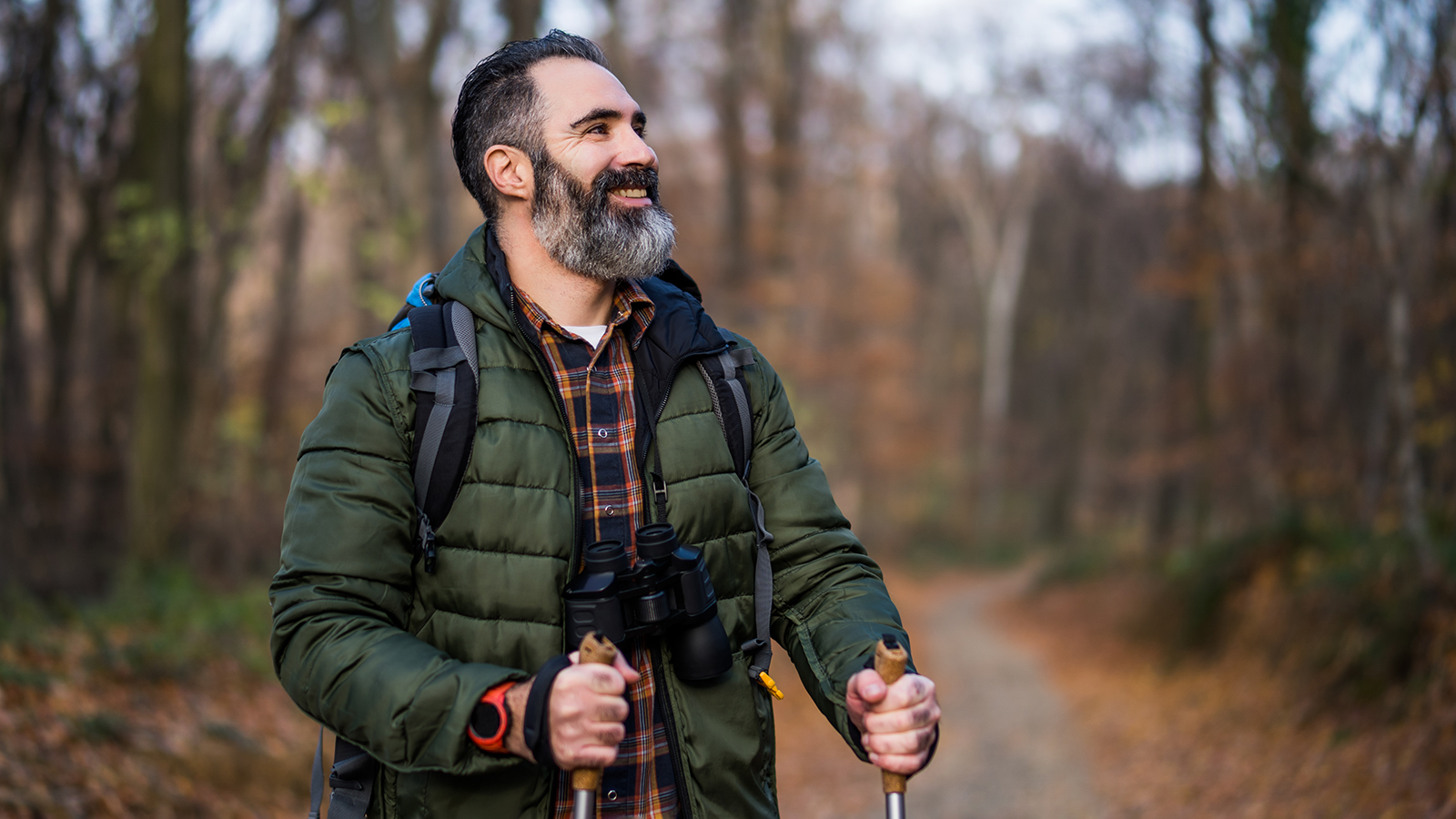
How to Achieve Your Health Goals This Year

Knee Replacement Rehab: 7 Exercises to Restore Your Strength and Range of Motion

COPD vs. Asthma: Understanding the Difference in Symptoms

Caregiving During the Holidays: Ways to Manage Stress and Find Joy

Bioidentical Hormone Replacement Therapy Pellets: Relief for Menopause and Andropause Symptoms

Why Is Sex Painful During Pregnancy? Pelvic Congestion Syndrome Explained

COVID-19 Vaccines and Pregnancy: FAQs
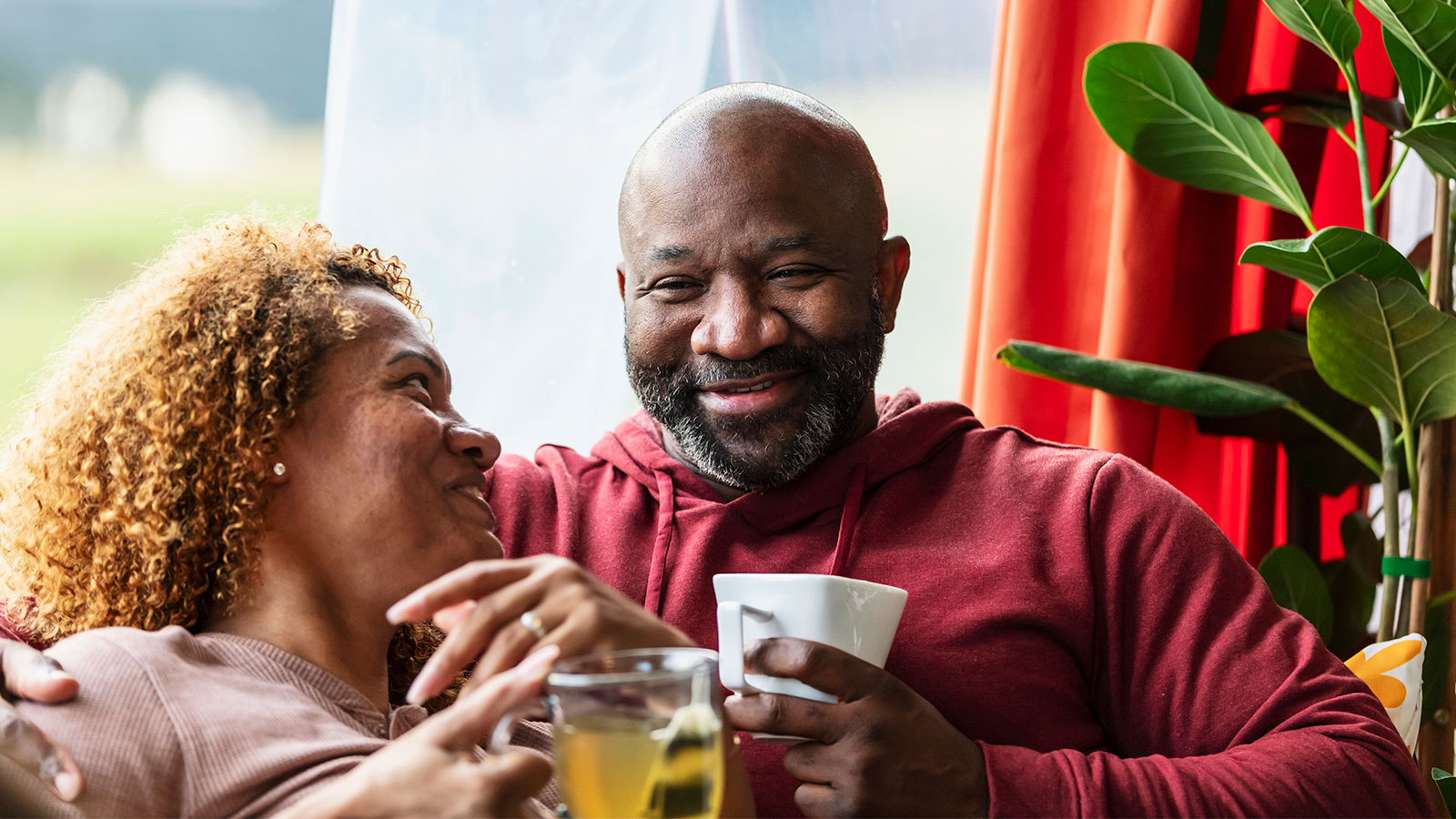
Don't Drink Alcohol? You Could Still Get Fatty Liver Disease
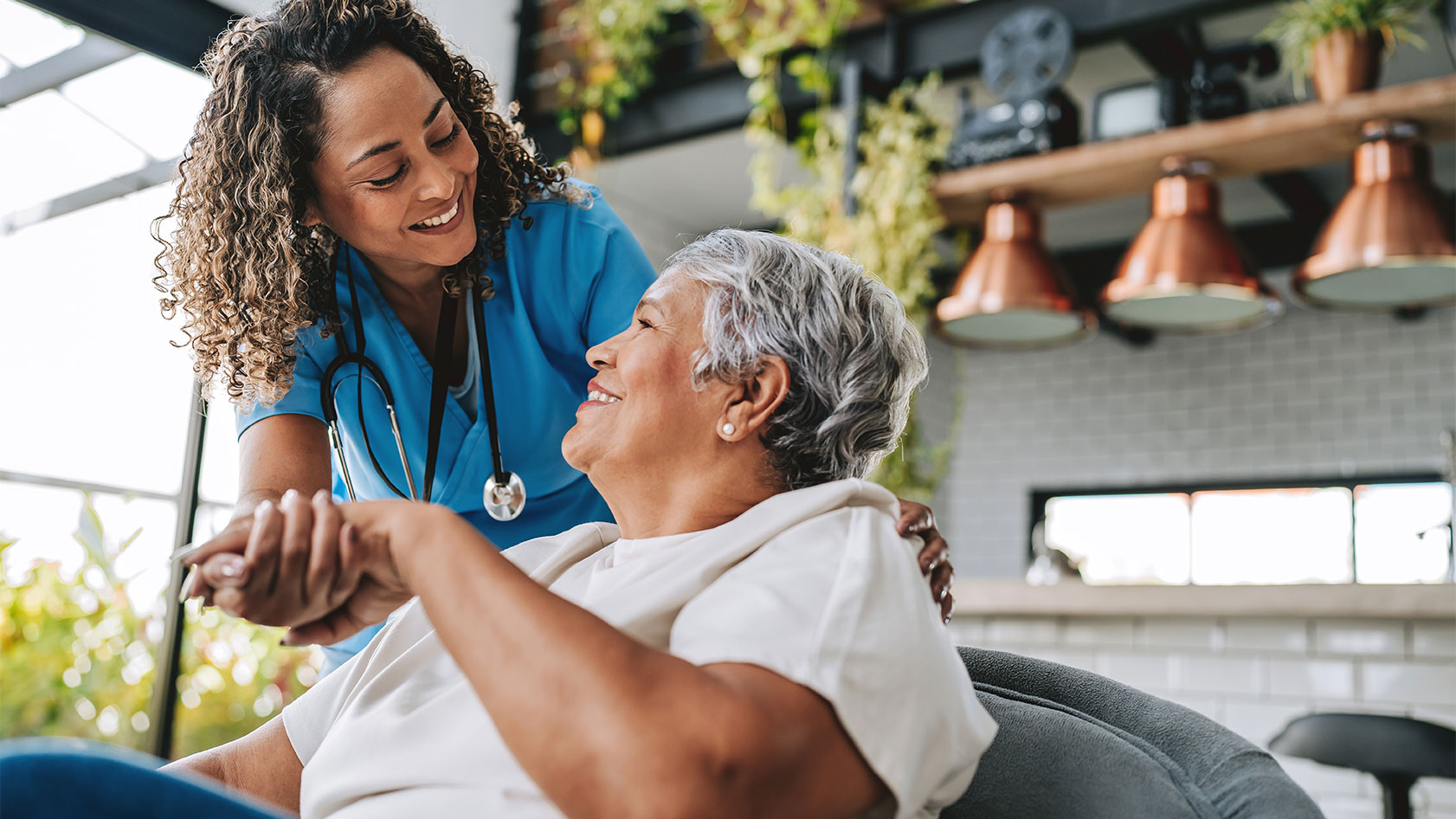
What Is the Difference Between Palliative Care and Hospice Care?
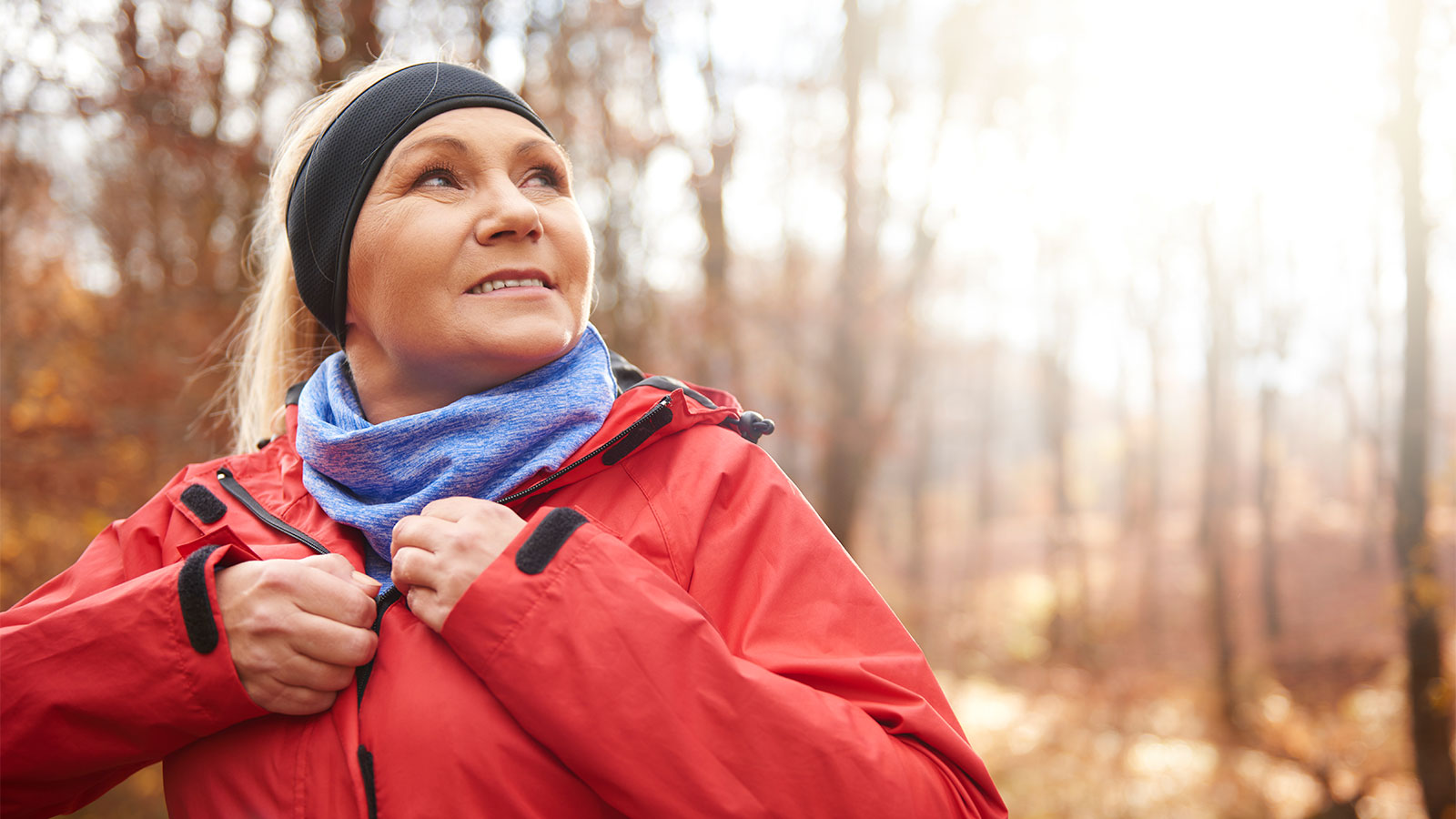
How to Exercise Safely with Asthma: Tips, Triggers, and Rescue Inhaler Use

How to Relieve Bloating Fast: Simple Tips for Quick Comfort

COMFORTing Tips to Avoid Holiday Heartburn
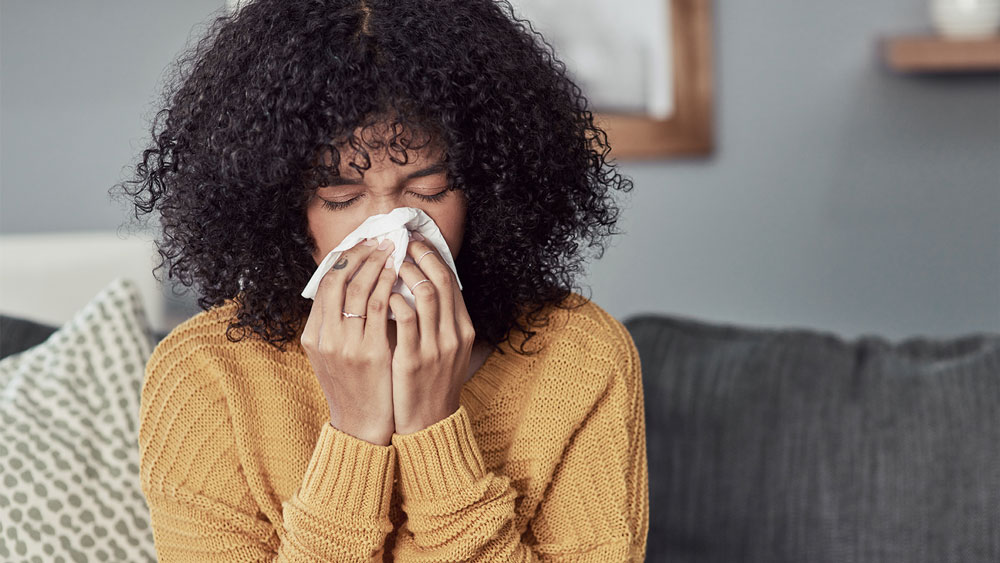
How to Tell the Difference Between Cold, Flu, and COVID-19

Jill Travels From Delaware to South Jersey for Advanced Lung Care

4 Exercise Tips to Help You Reverse High Blood Pressure

From Exhaustion to Empowerment: Tracy's Hormone Replacement Therapy Success Story

Why on Earth Am I Always So Cold?
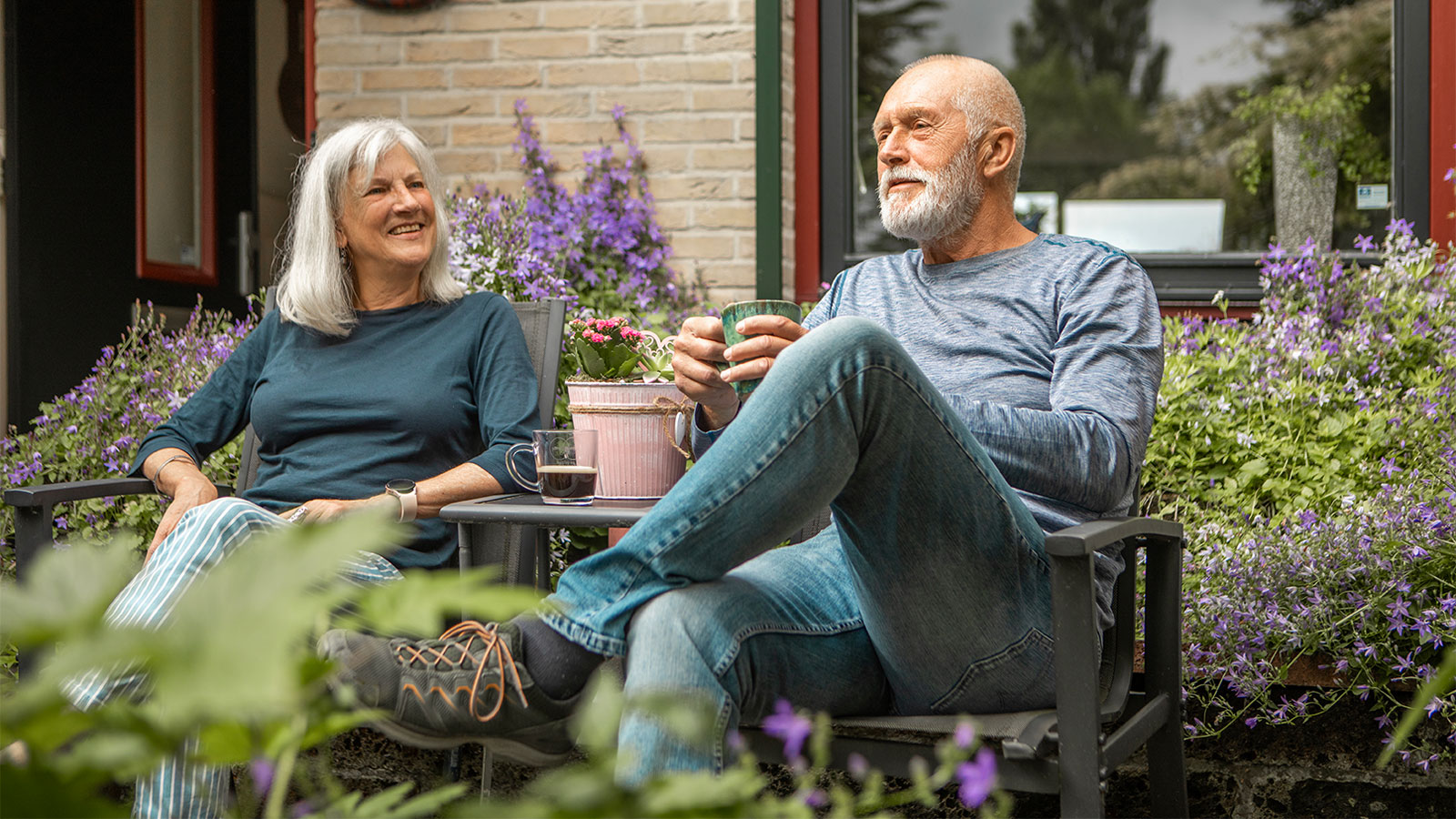
Daily Wellness Checklist: Simple Habits for Feeling Good Inside and Out

Timely Heart Care During a Heart Attack Helps Joe Feed the Community

Allegra Is Thriving With Crohn's Disease

The Best and Worst Foods for Acid Reflux

How to Manage IBS Symptoms and Feel in Control Again
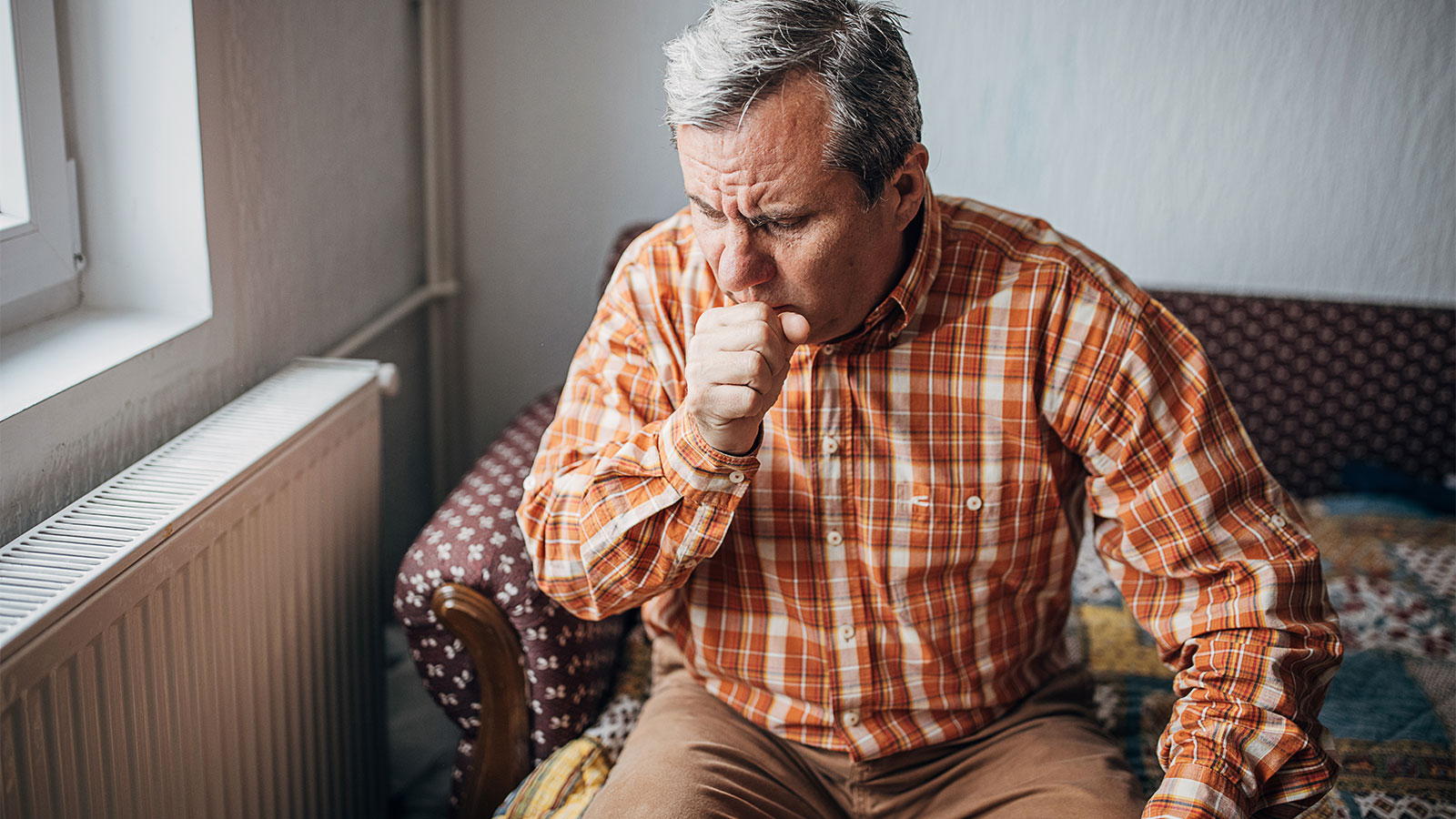
5 Types of Lung Disease: Symptoms, Causes, and Prevention Tips

Foods to Enjoy and Avoid for GLP-1 Heartburn

3 Reasons Why Now's the Time to Find Relief From Varicose Veins

Baseball Coach Turns Male Breast Cancer Surprise into Personal Mission

The Brain Health Checklist: 11 Questions Everyone Should Ask
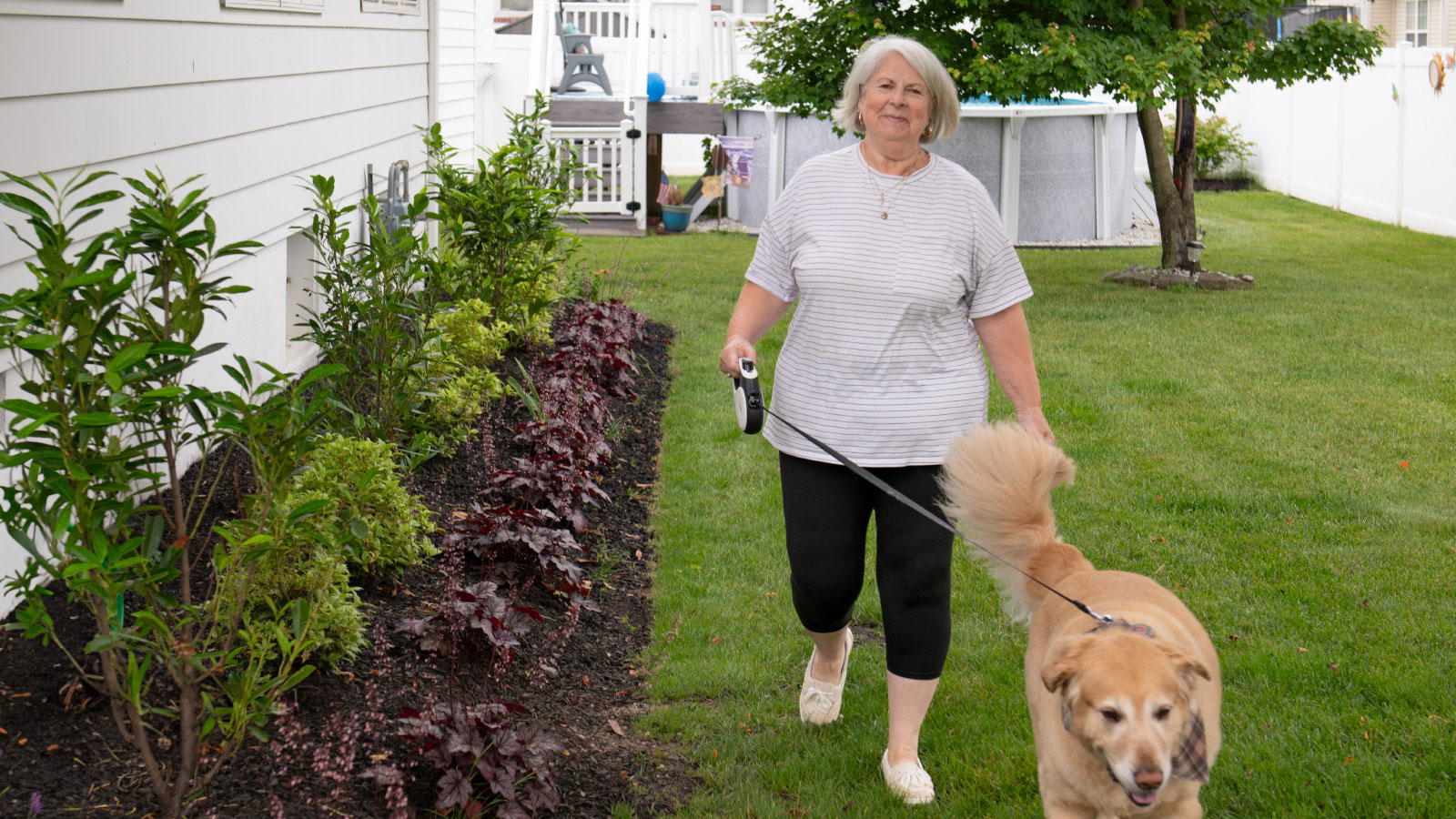
From Caregiver to Patient: Robotic Surgery Relieves Teresa's Knee Pain

How to Get and Stay Healthy This Fall

How to Reverse Prediabetes and Prevent Type 2 Diabetes
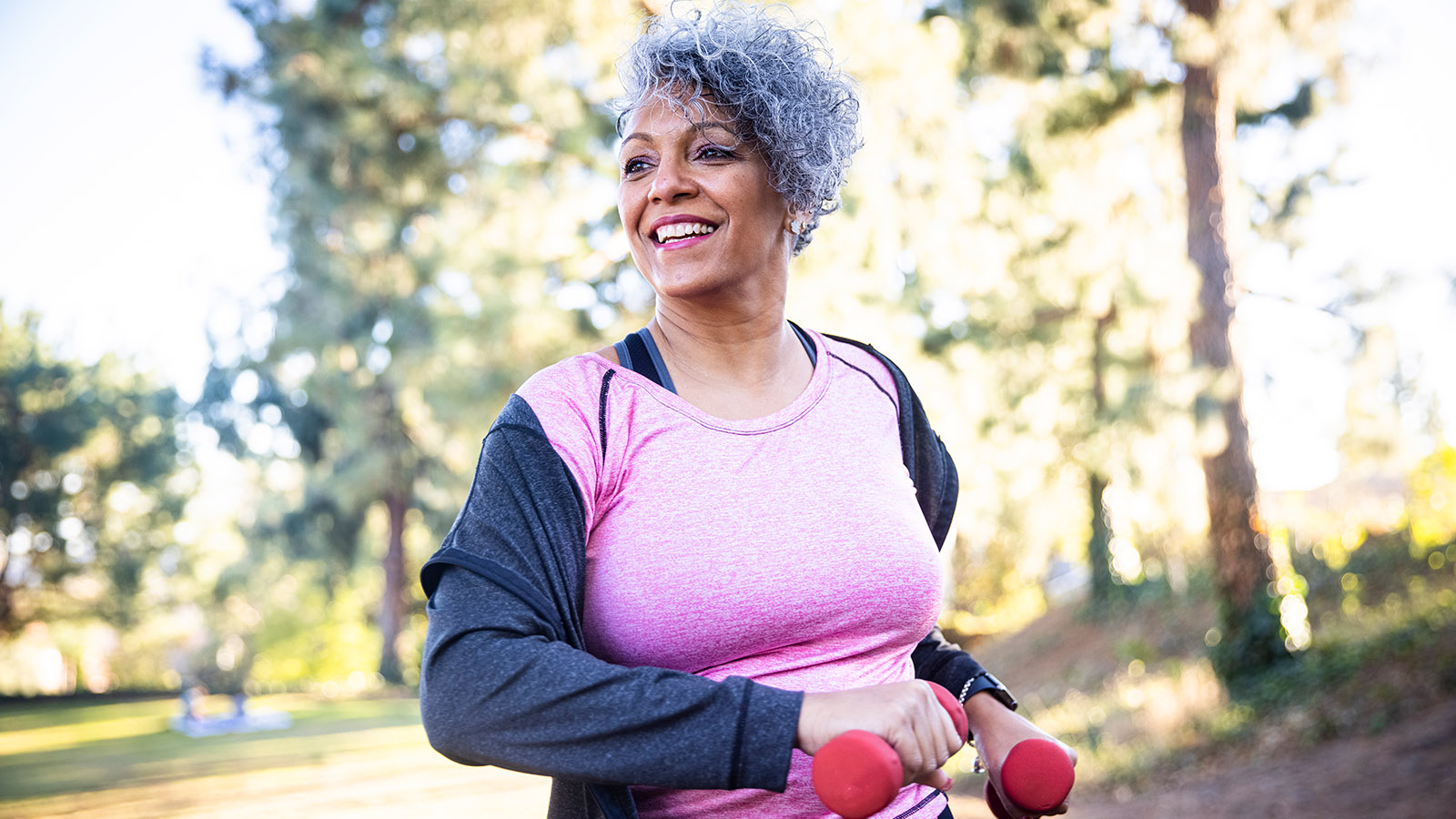
6 Ways to Get More Out of Your Daily Walk

Young Breast-Cancer Survivor Has New Hope for Healthy Future

Is Cancer Hereditary? What You Need to Know About Your Genetic Risks

Tara's Story: From Debilitating Uterine Fibroid Pain to a Half-Marathon Medal

Is Your Post-Pregnancy Belly Bulge a Sign of Diastasis Recti?

Your Guide to Mammograms: When to Get Screened and What to Know
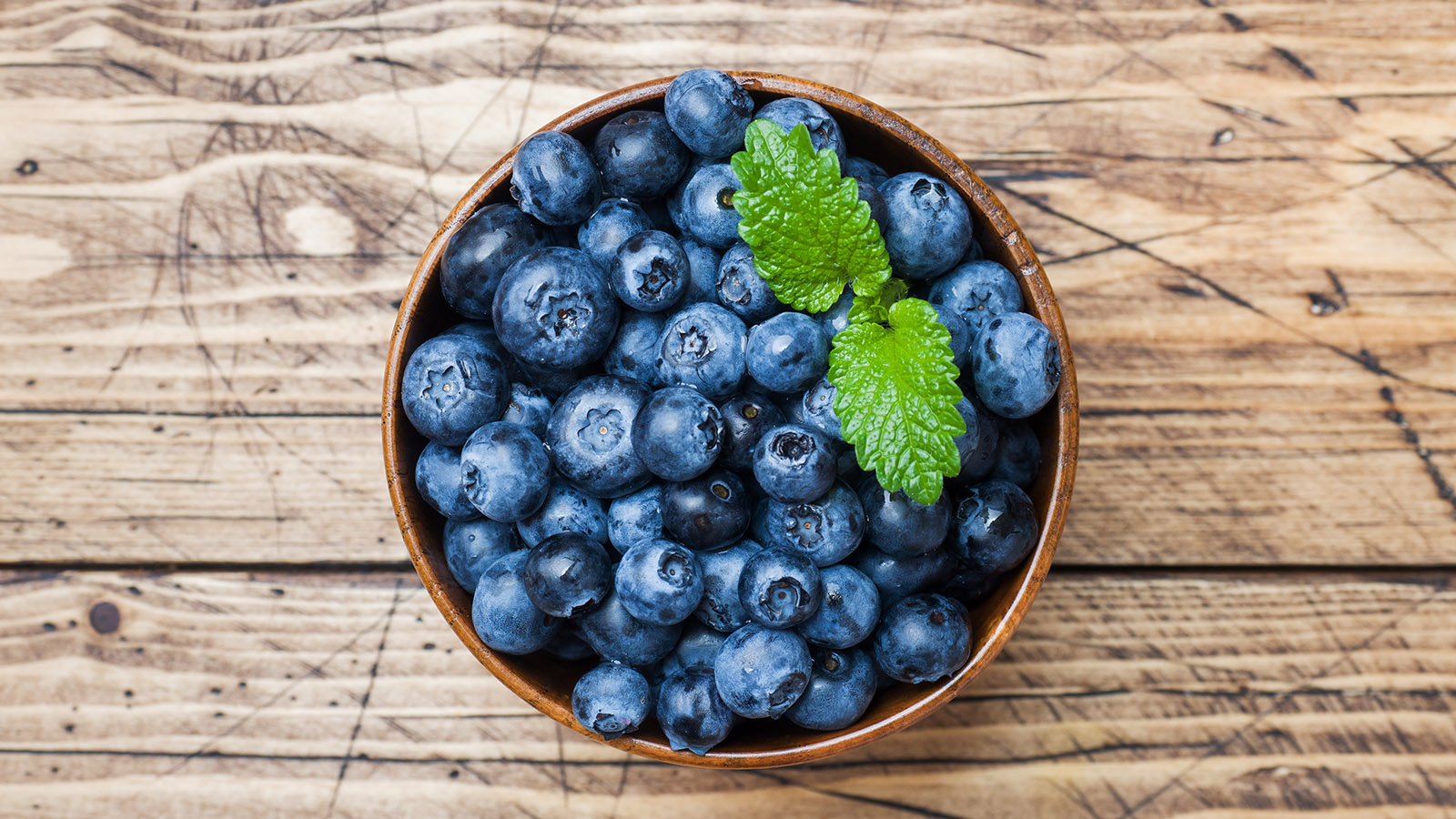
The Top 10 Foods That Boost Your Brain Health
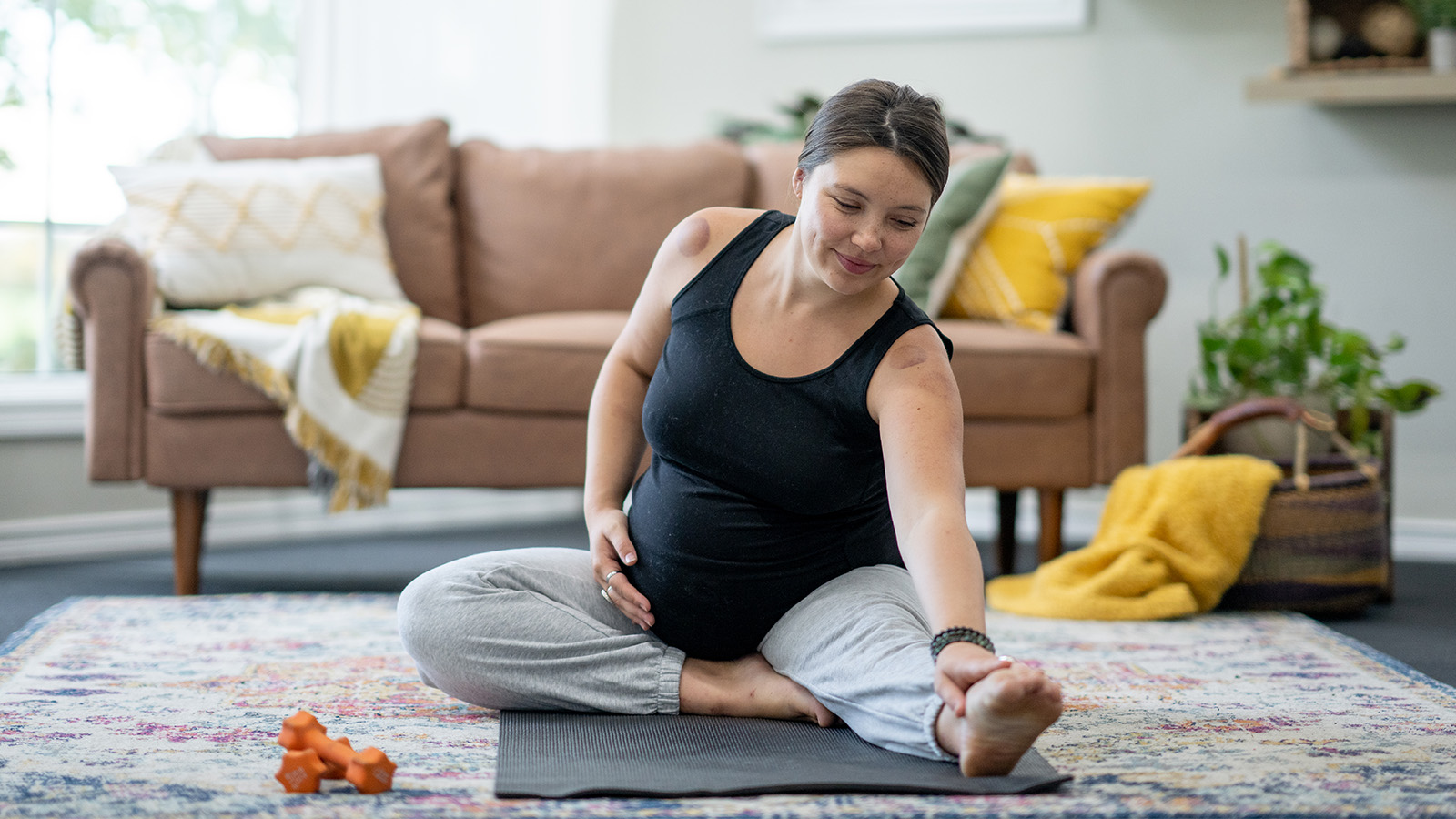
Is It Safe to Exercise During Pregnancy?

Prevent Yard Work Injuries: Tips for Mowing, Gardening, and Raking

How to Curb Nighttime Snack Cravings
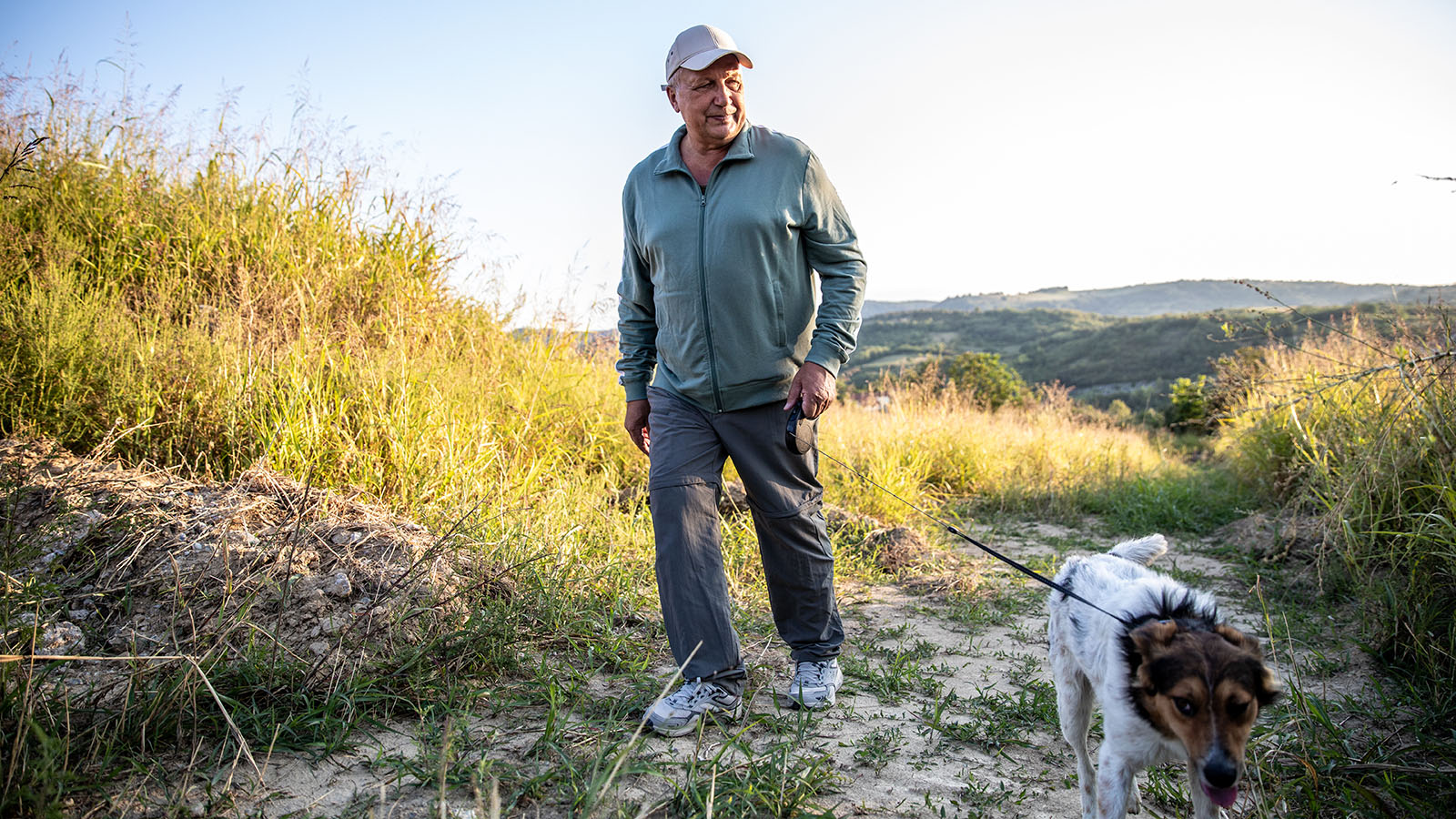
Is Your Daily Walk Making You Really Sore?

IBS and Alcohol: Can You Still Enjoy a Drink?

Focus on Mental Health Is Key Part of Andrew's Weight-Loss Journey

What You Need to Know About Epilepsy

'Feeling Joy Again': ECT Brain Stimulation Therapy Restores Ashley's Well-Being

Not Just for Wrinkles: Botox Injections Promote Improved Bladder Control

Easy, Healthy Lunch Ideas for the Beach

How to Stay Cool and Prevent Heat Illness All Summer Long
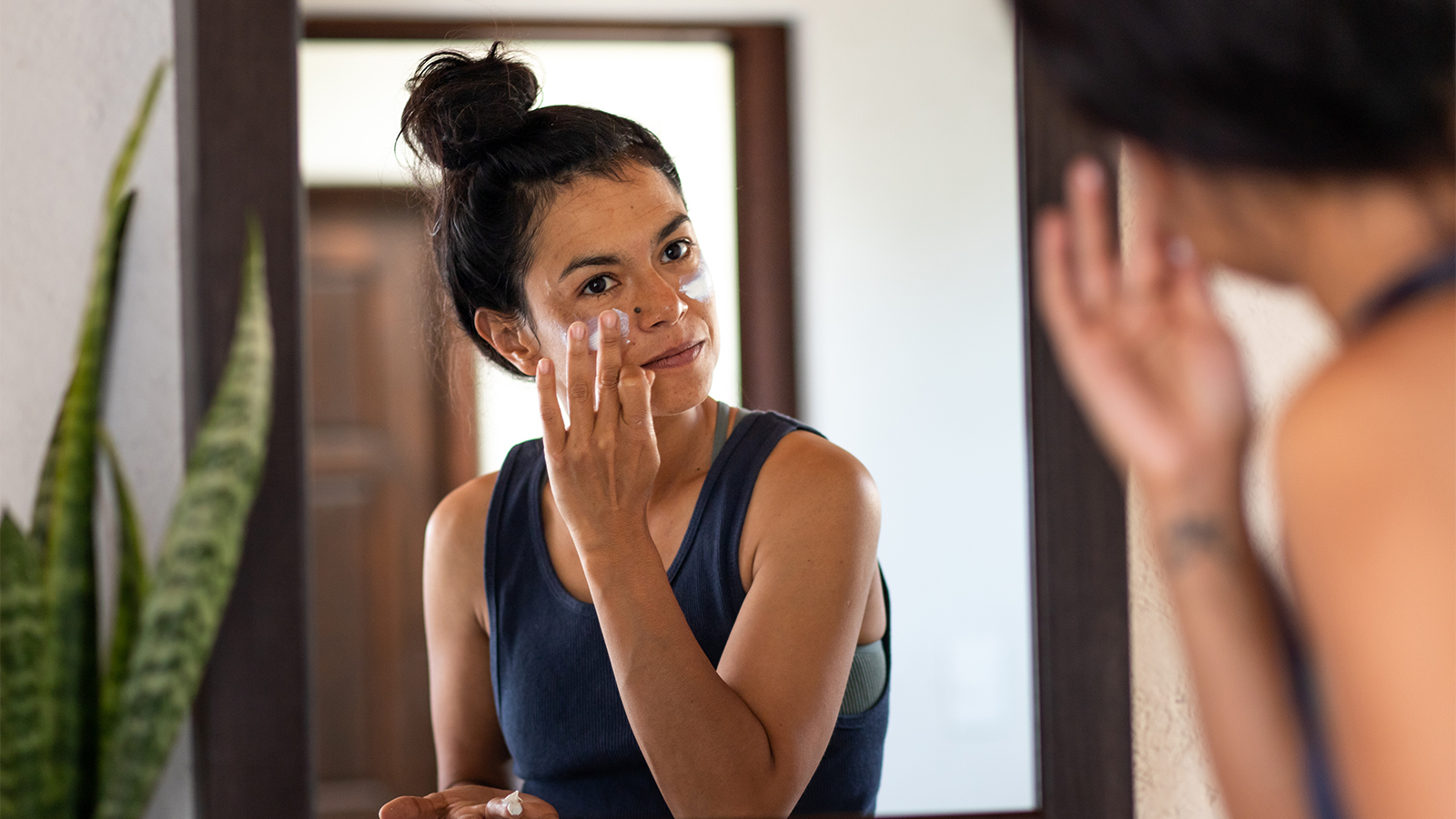
Do Not Get Burned by These Sunscreen Myths
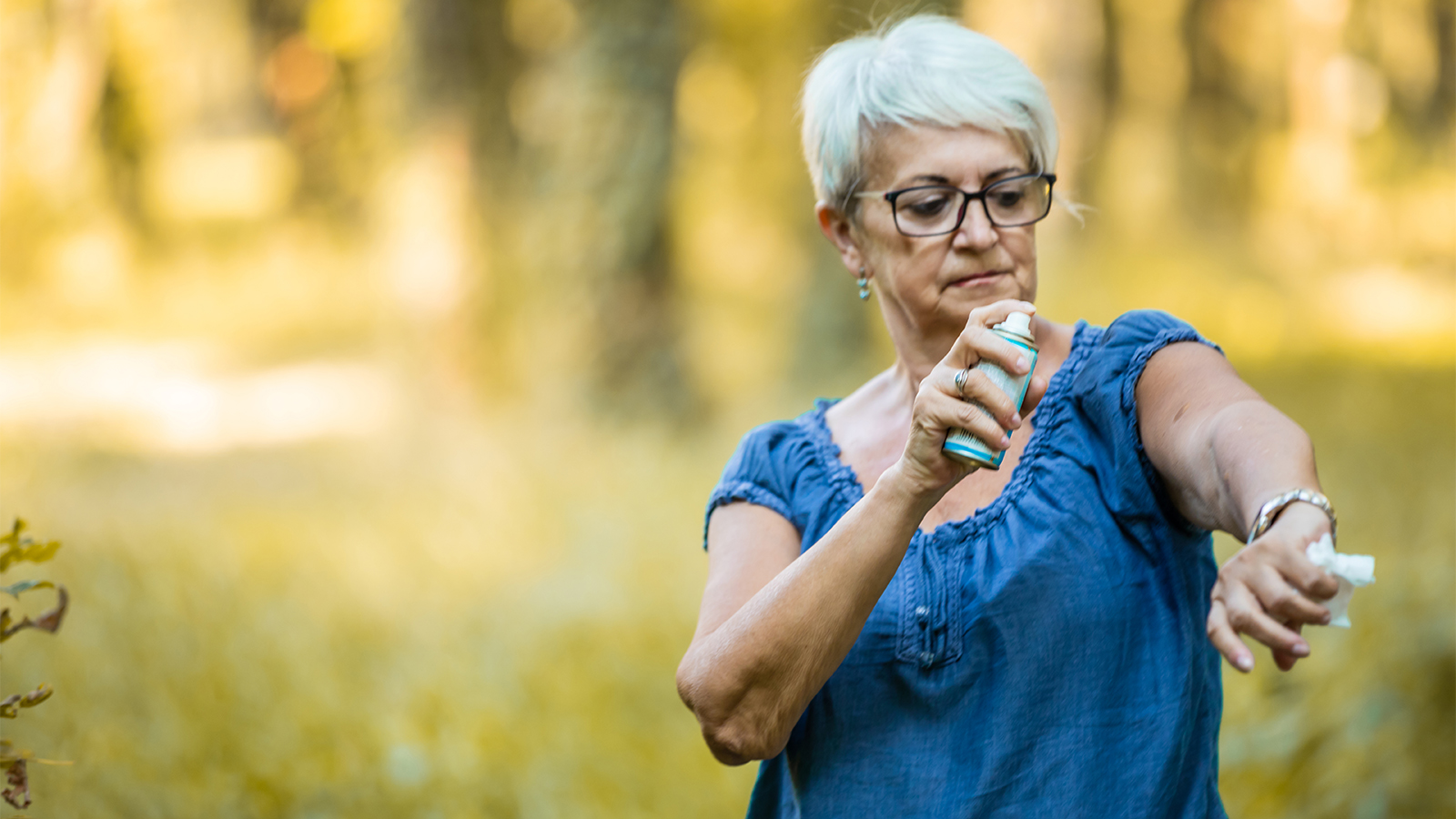
Beat the Bugs and Save Your Summer

What Happens to Your Body When You Don't Get Enough Sleep?

How to Have a Healthy Pregnancy if You're Overweight

Why You Get Sick on Vacation (and How to Stay Healthy While Traveling)
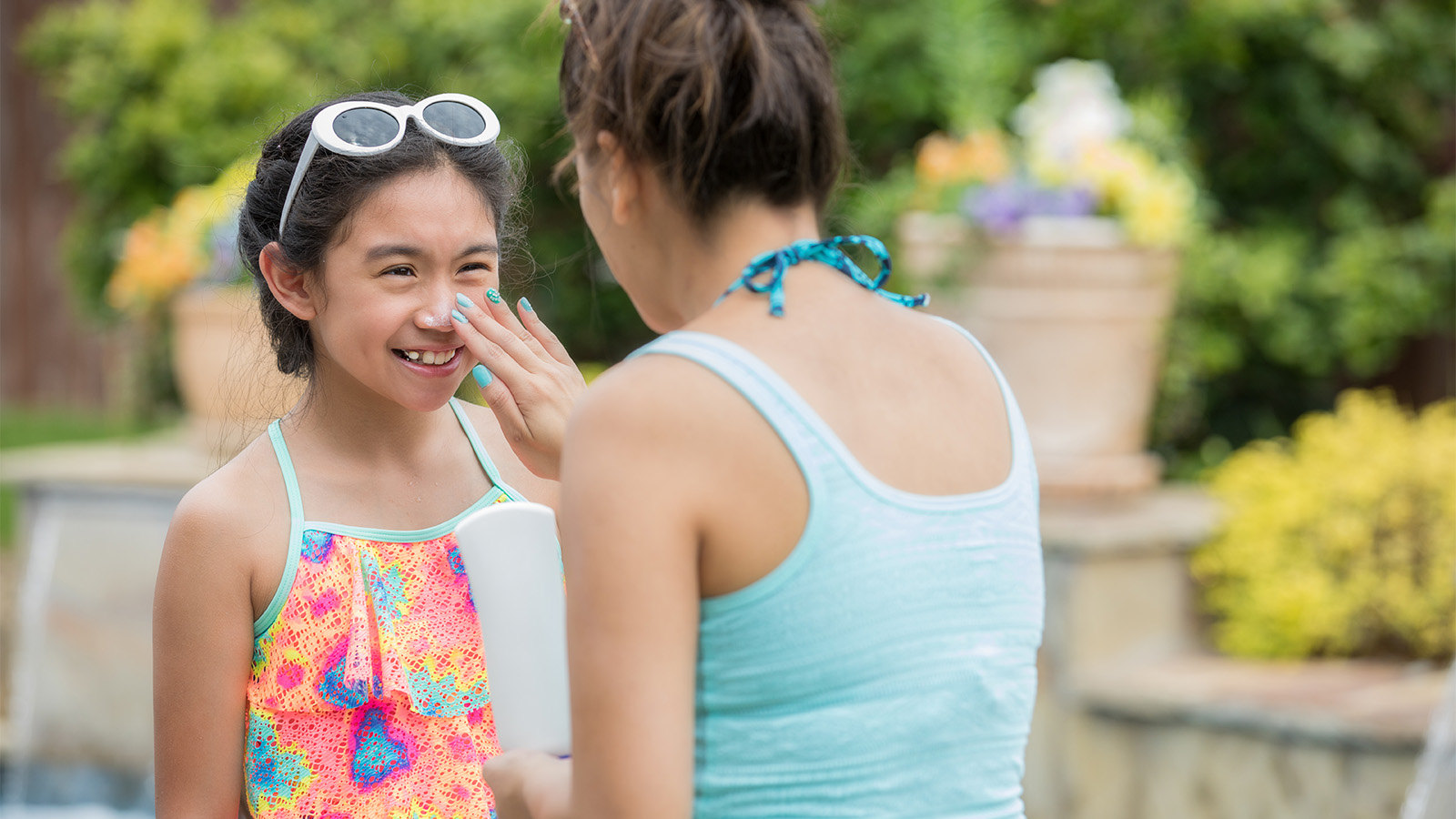
6 Hot Tips for a Safer Summer

4 Surprising Health Truths You Should Know

5 Interesting Facts About Your Heart

Is Low Sex Drive Normal? Revealing the Complex Causes of Low Libido in Women

5 Feel-Good Activities to Explore Around South Jersey
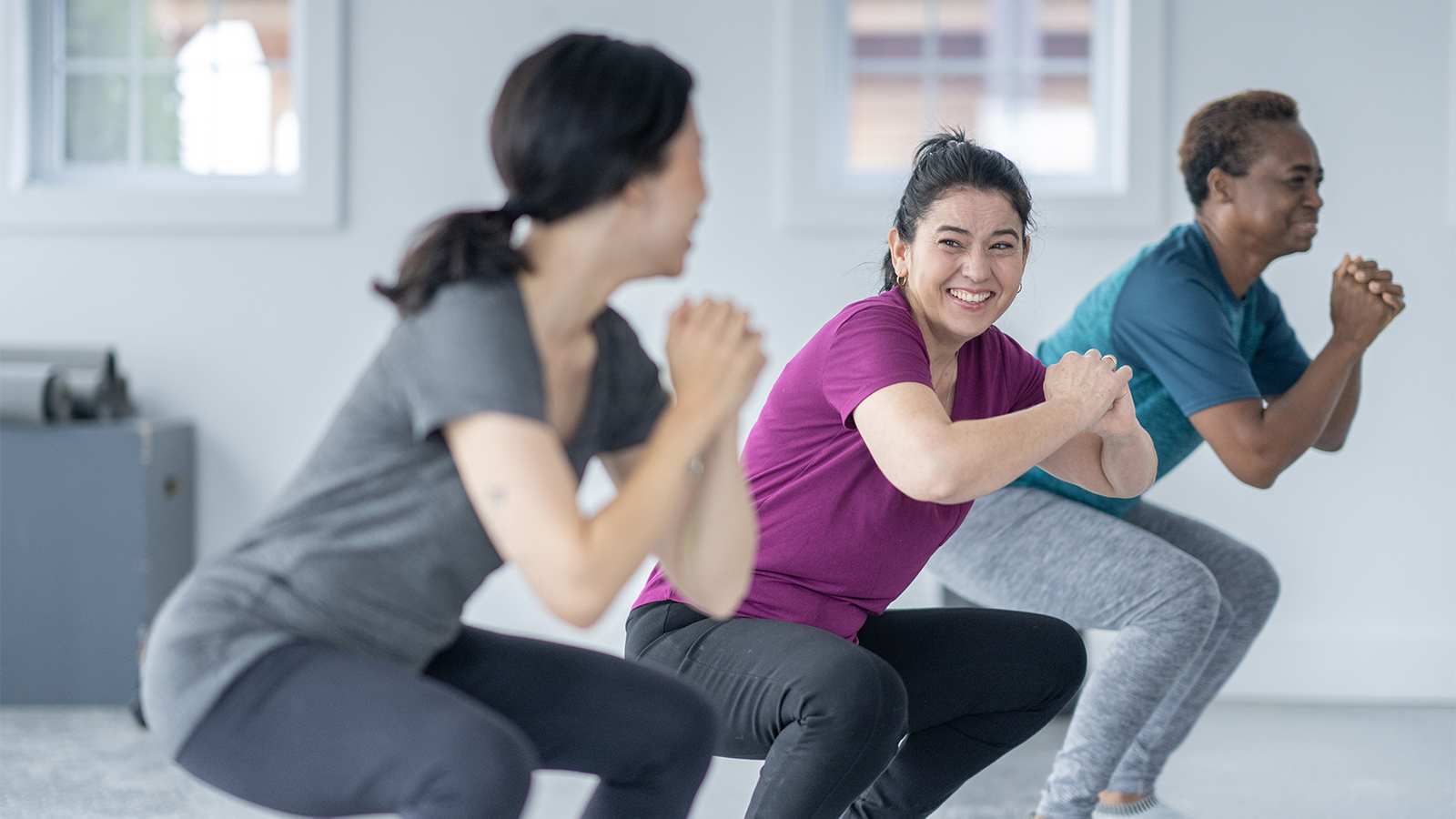
Stress Incontinence vs. Urge Incontinence: What's the Difference?

5 Key Facts About Proton Therapy for Cancer Treatment

3 Changes You Can Make Today to Lower Your Cancer Risk
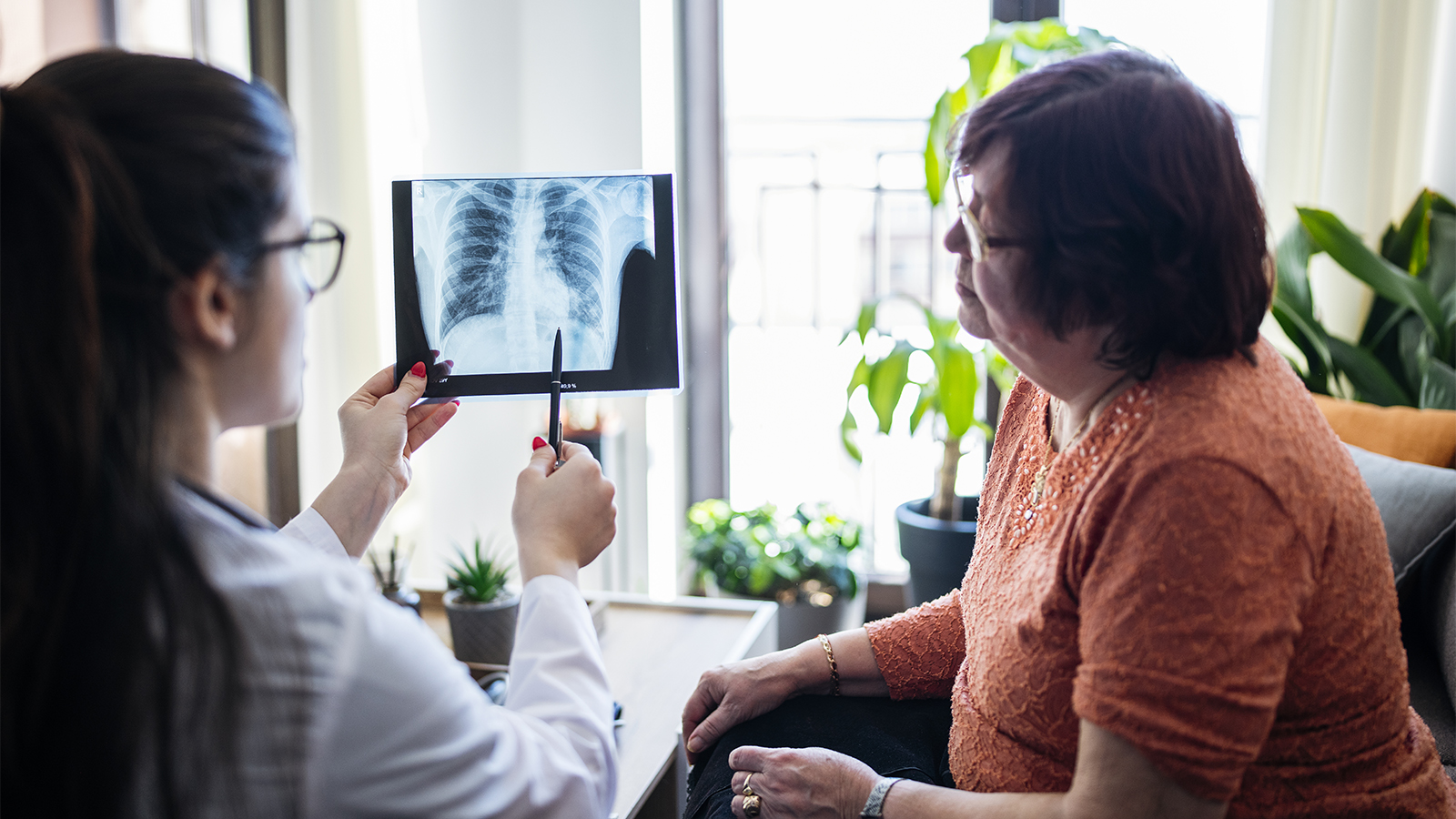
A Lung Cancer Screening Could Save Your Life

Mood Swings vs. Mood Disorders: Know the Signs and Get Help
Are emotional ups and downs disrupting daily life? Learn common signs of mood disorders, and when to talk to a doctor about diagnosis and treatment options.

Take Pride in our Health: Must Dos for LGBTQ+ Preventative Care

4 Foolproof Pelvic Floor Strengthening Exercises for Women

What to Expect During Perimenopause

Protect Yourself From Tick Bites and Lyme Disease
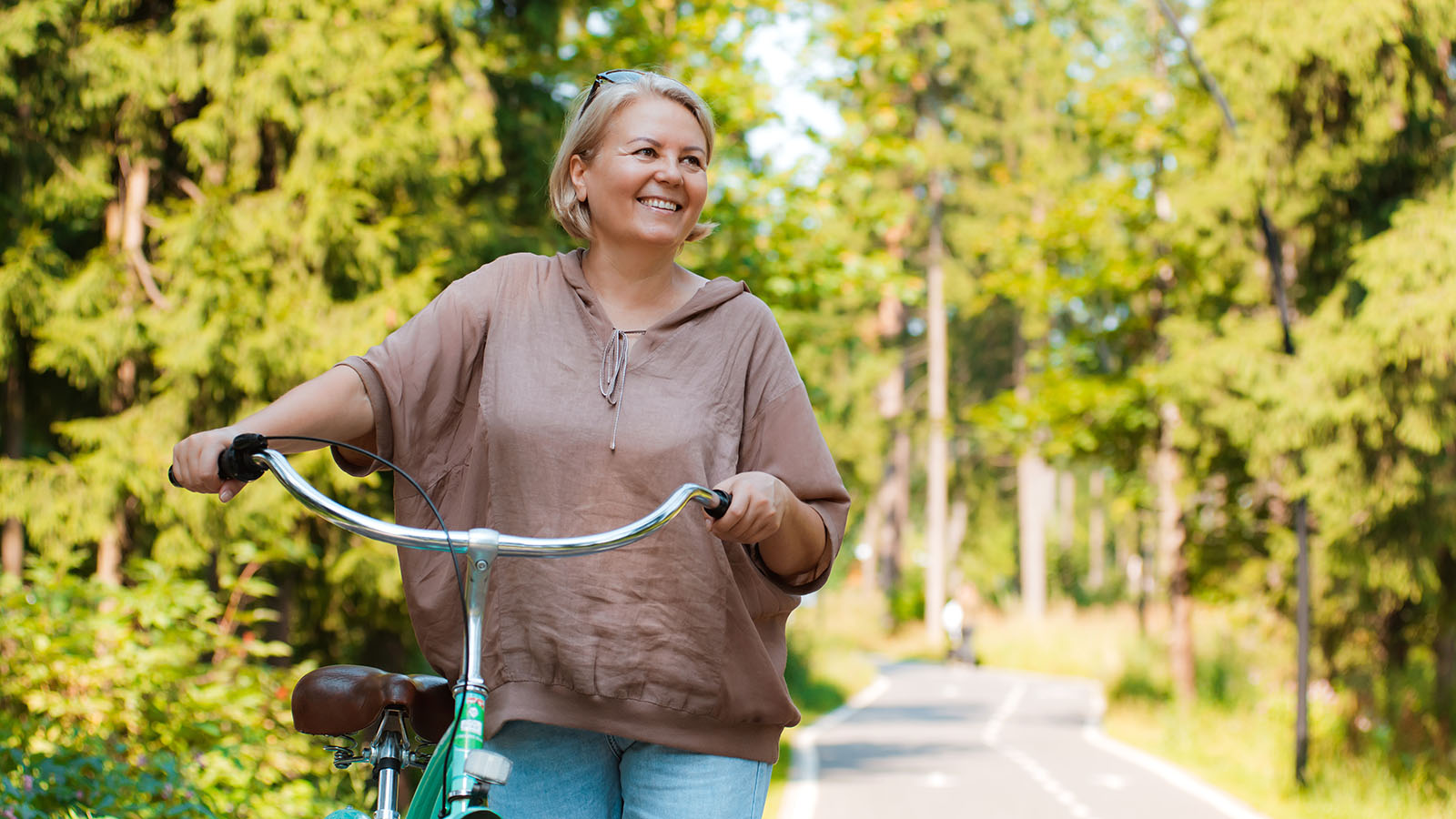
10 Quick Ways to De-Stress

4 Ways to Stay Fit and Healthy on a Budget

6 Tips to Tame Your Spring Allergies

Do You Know the Signs and Symptoms of Uterine Fibroids?

How Are Uterine Fibroids Treated?

From Restless to Restful: How Movement Improves Sleep

5 Simple Ways to Spring Clean Your Wellness Routine

How Do You Manage the Side Effects of Weight-Loss Medications?

A Woman’s Four-Step Guide to Fight Back on Back Pain

What You Need To Know About Carpal Tunnel Syndrome
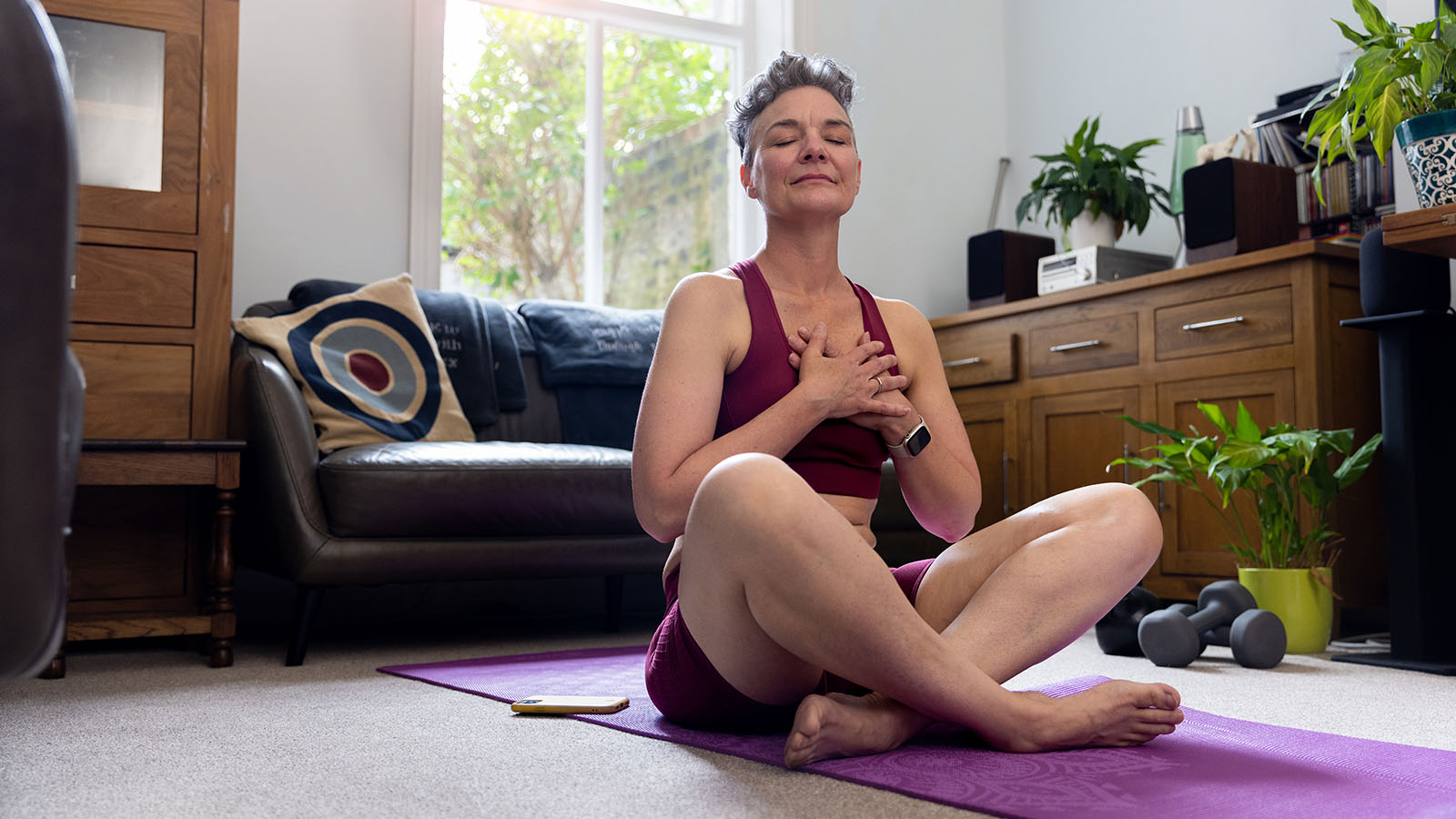
The Truth About Menopause, Weight Gain, and Belly Fat

Shedding Light on Lesser-Known Menopause Symptoms and Solutions

Debunking The Myths About Vaginal Dryness
Inside Look at Blood Vessels Aids PAD Treatment
Denise Davis: Pay Attention to Your Heart Health

What You Need To Know About Stroke Treatment

Best Foods for Kidney Health

10 Smart Ways to Manage Your Diabetes
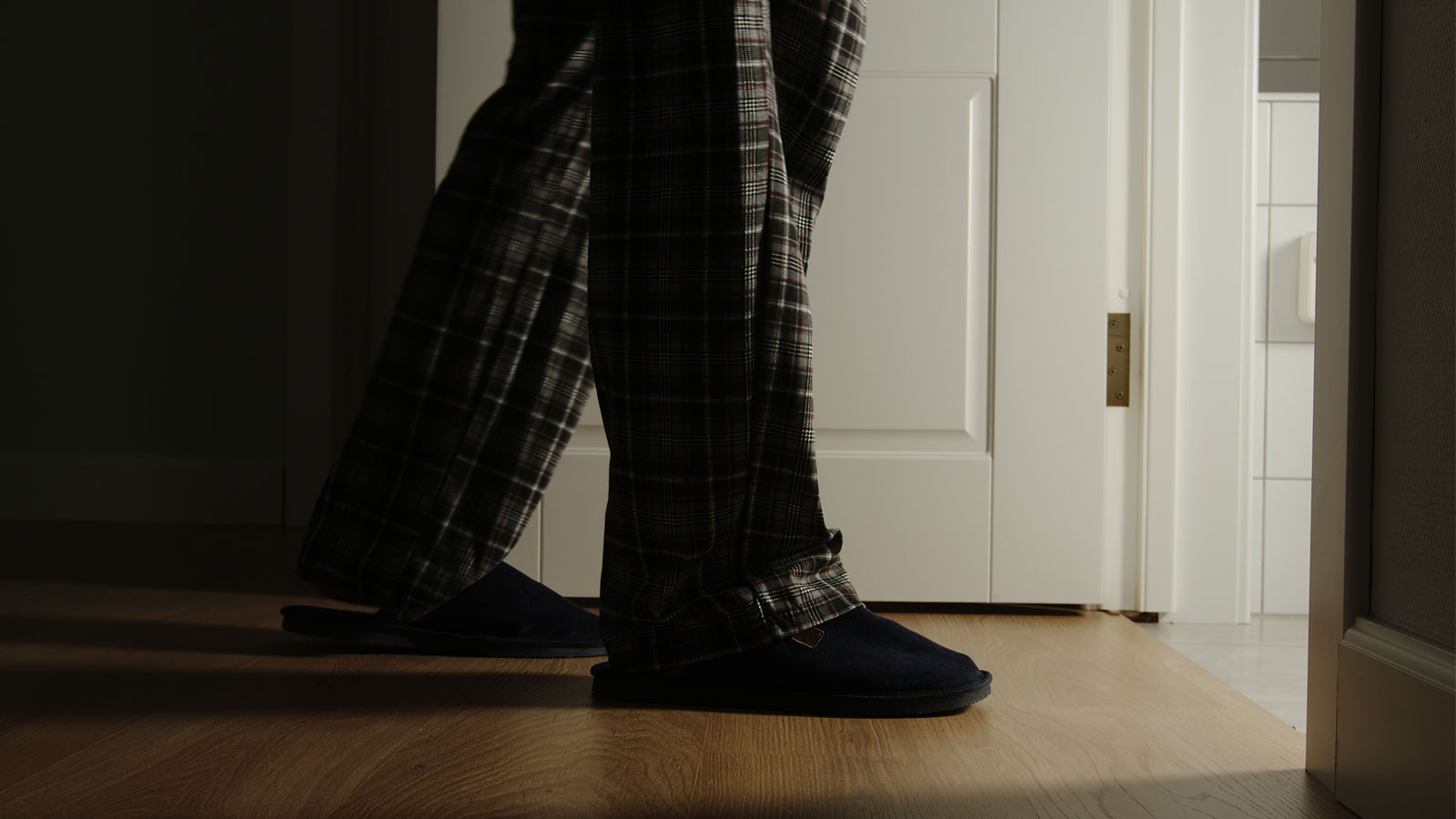
Signs You May Have Chronic Kidney Disease

5 Essential Winter Foot Care Tips When You Have Diabetes

Sweet Music: Trust, Teamwork Save Justin from Heart Attack

Complex Heart Surgery Nets James a Lifelong Friend

Your 10-Point Plan to Avoid Winter Weight Gain
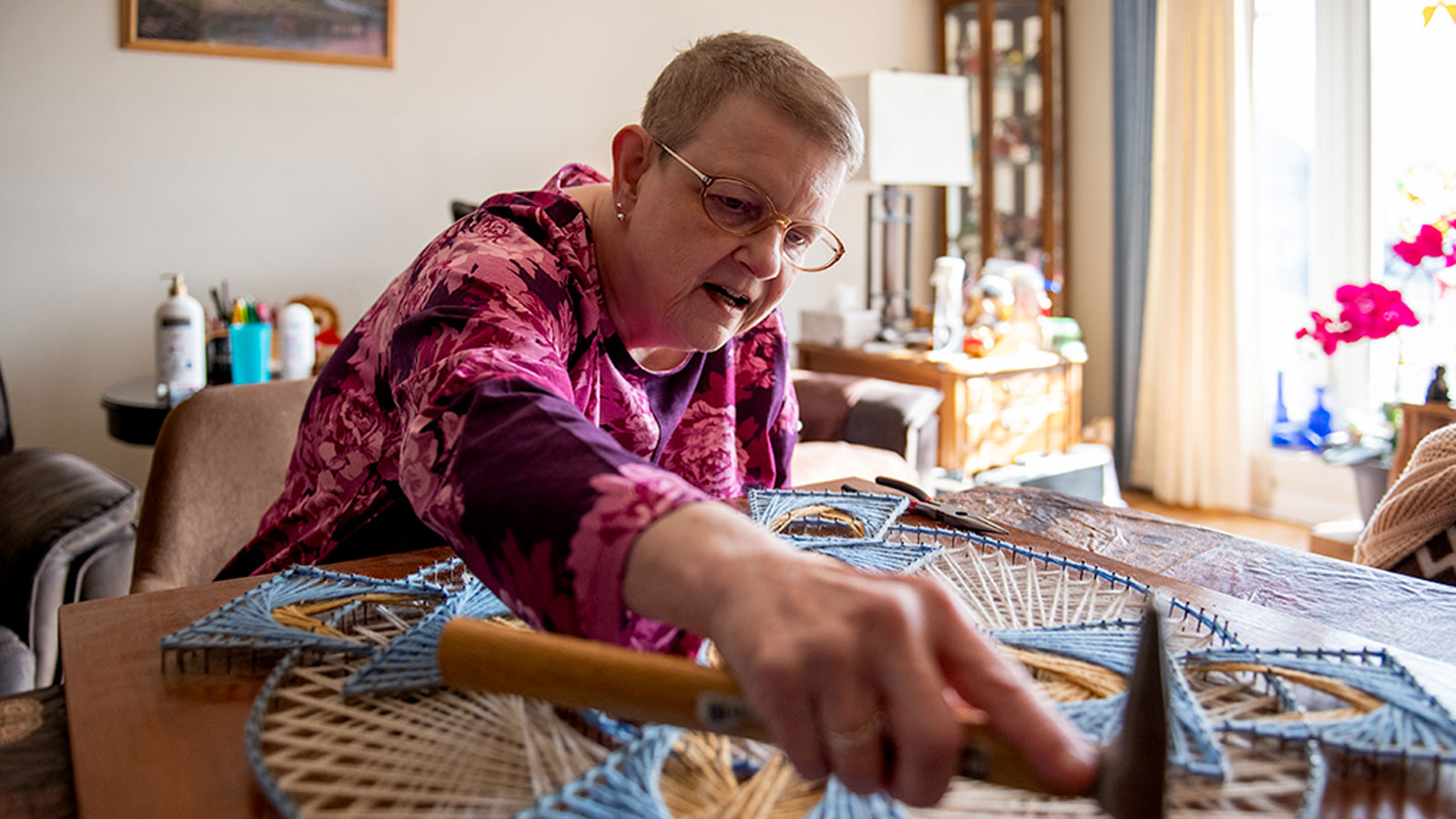
Hepatitis C Kidney Transplant a Blessing For Lee Manns

7 Reasons Why You Want Your Surgeon to Be an Expert in Robotics

Colitis Symptoms Under Control, Jennifer Is ‘Living My Best Life’

How Do I Care for a Wound that Won't Heal?

Surprising Symptoms May Signal Stroke In Women

8 Key Steps to Better Blood Pressure Control
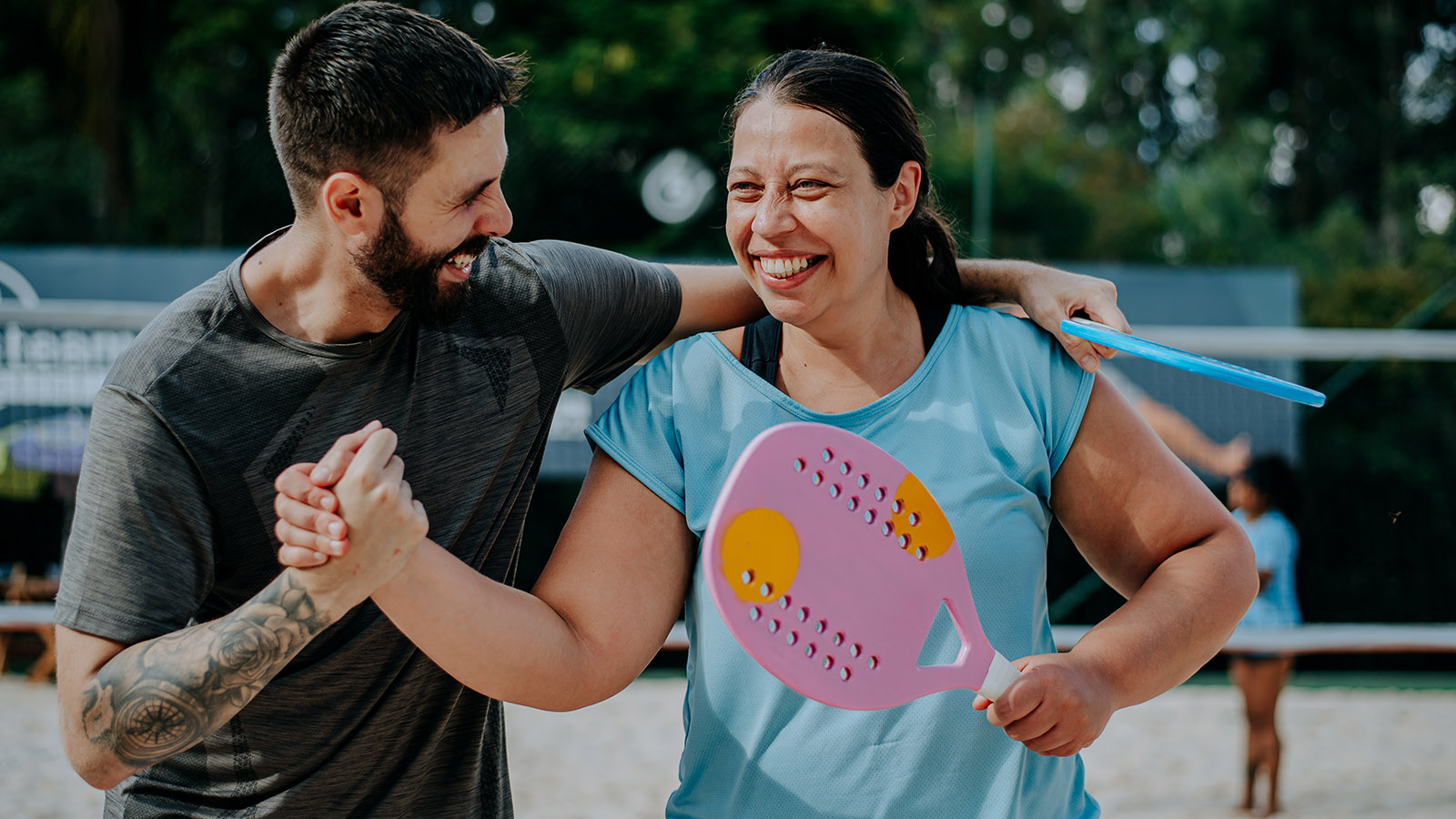
Five Back Pain Risk Factors That You Should Know

Is My Back Pain Normal, or Is It Spinal Stenosis?

Augmented-Reality Surgery Has Bobby Back on Stage, Rocking His New Hip

Robotic Hernia Surgery Combines Innovative Techniques With Faster Recovery Times

5 Back Stretches for the Work-From-Home Workweek

The HPV Vaccine: A Powerful Shield Against Cervical Cancer

How Does Breast Density Affect Your Mammogram?

Menopause: New Insights Into the Power of Hormone Replacement Therapy

How to Prevent and Treat Urinary Tract Infections

Signs You Should Get Treated For Vein Problems

One New Heart Valve Saves Two Lives in the Tritten Family

What You Need to Know About Heart Failure

6 Numbers Key to Keeping Your Heart Healthy
Lung Valve Surgery Relieves COPD, Emphysema Symptoms

4 Easy Ways to Treat and Prevent Runner's Knee

Lung Screening, Robotic Technologies Get Pat Kicking Up Her Boots Again

Breast Cancer Diagnosis Inspires Catherine to Help Others

Jasmine’s On-Air and Pain-Free After Gallbladder Surgery
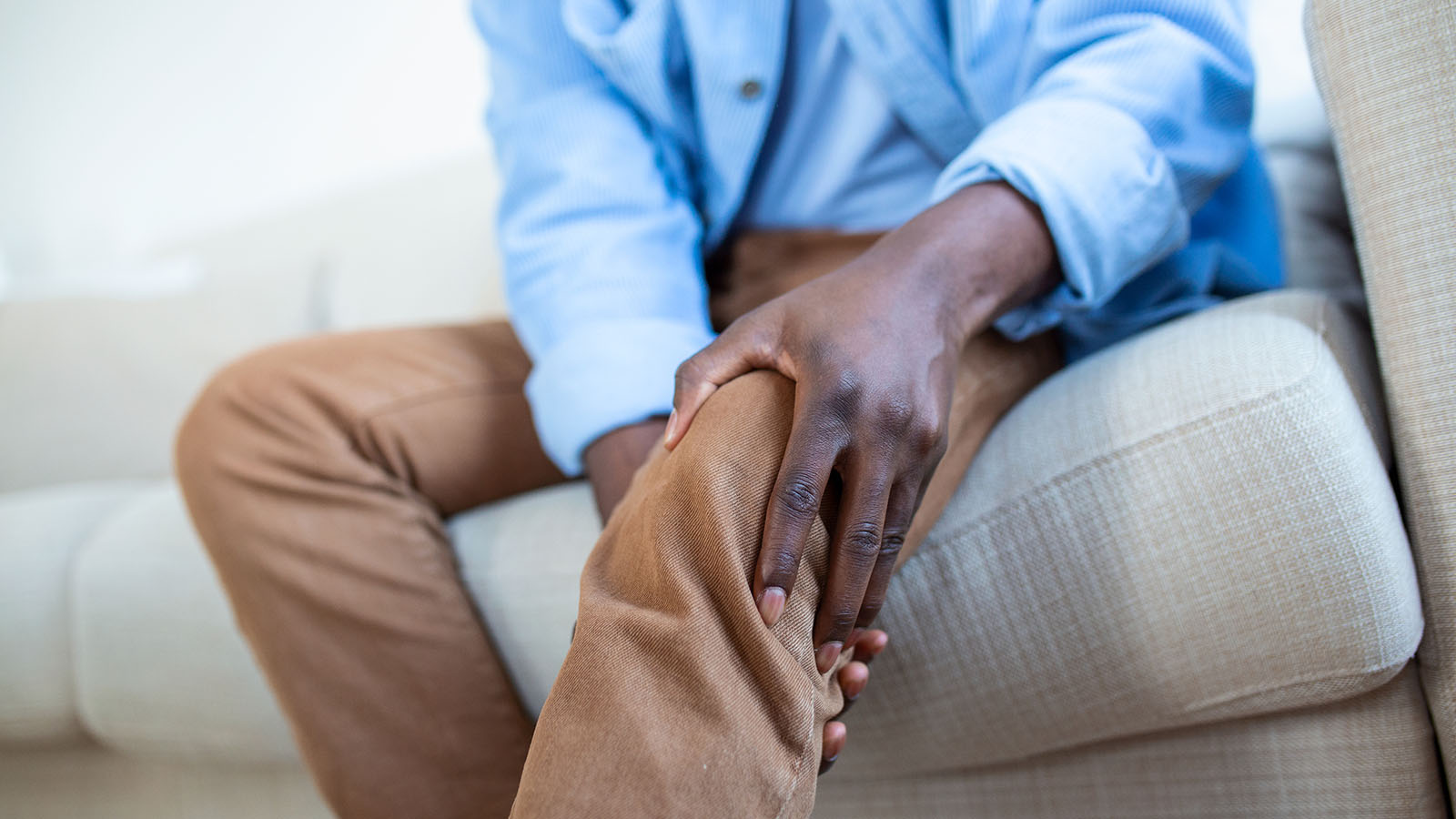
When Should I See a Doctor About My Knee Pain?

Quick Action Leads to Jesse's Recovery From Stroke

A Non-Athlete’s Guide to Shoulder Overuse Injuries
Shoulder problems aren’t limited to athletes. Virtua orthopedic surgeon Sean McMillan, DO, explains shoulder overuse injuries and prevention in this article.
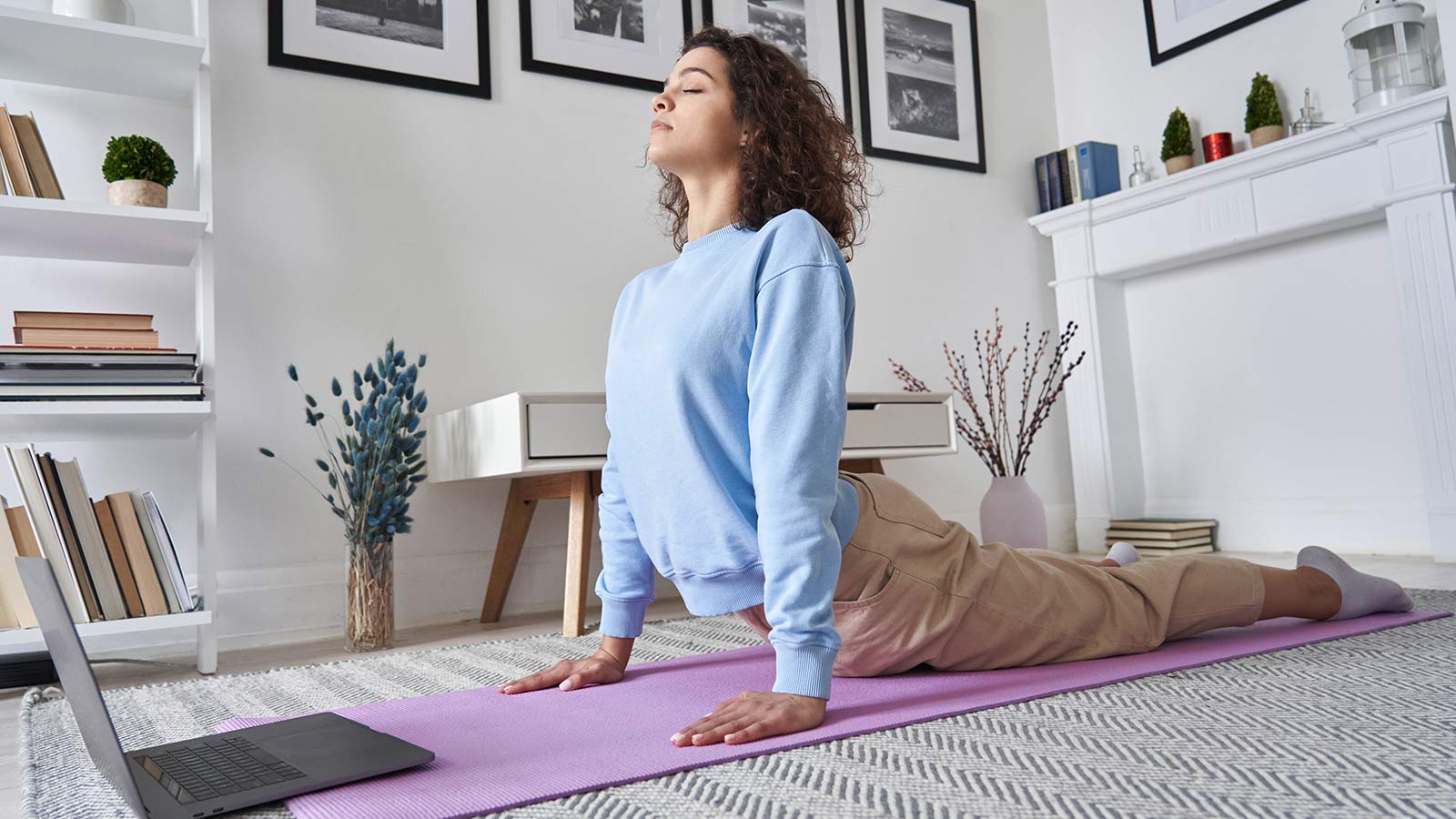
Put Lower Back Pain Behind You With This Ten-Step Guide

Wide-Awake Hand Surgery Speeds Recovery, Puts Control in Patients' Hands

South Jersey Veteran Thrives After Cross-Country Kidney Donation

Five Mindfulness Tips That Can Help Heal Your Heart
Working from Home? Take a Quick Break to Stretch Your Wrists

3 Ways to Avoid Knee Pain
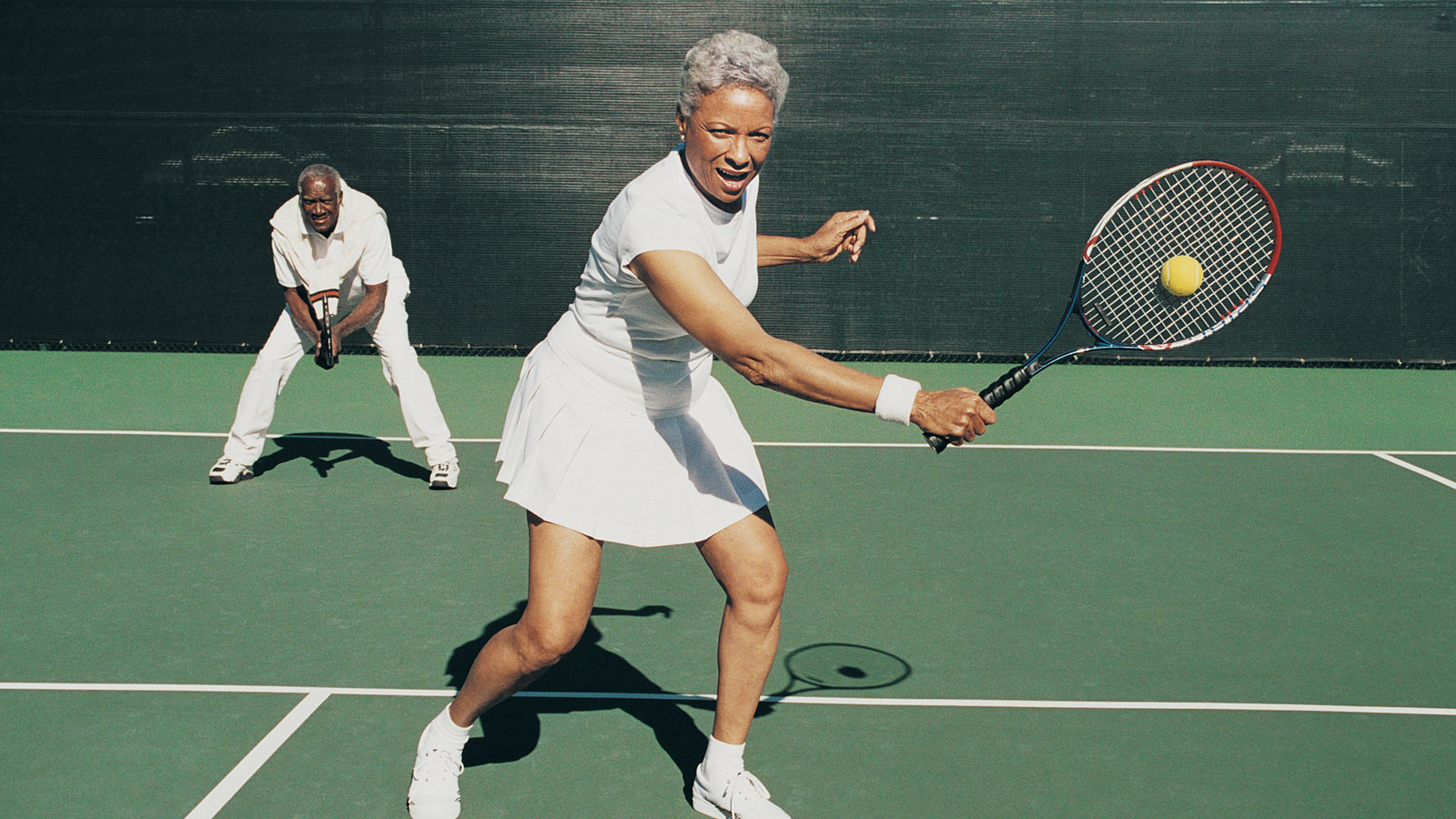
When Should I See a Doctor for My Hip Pain?

When Should I See a Doctor About My Shoulder Pain?
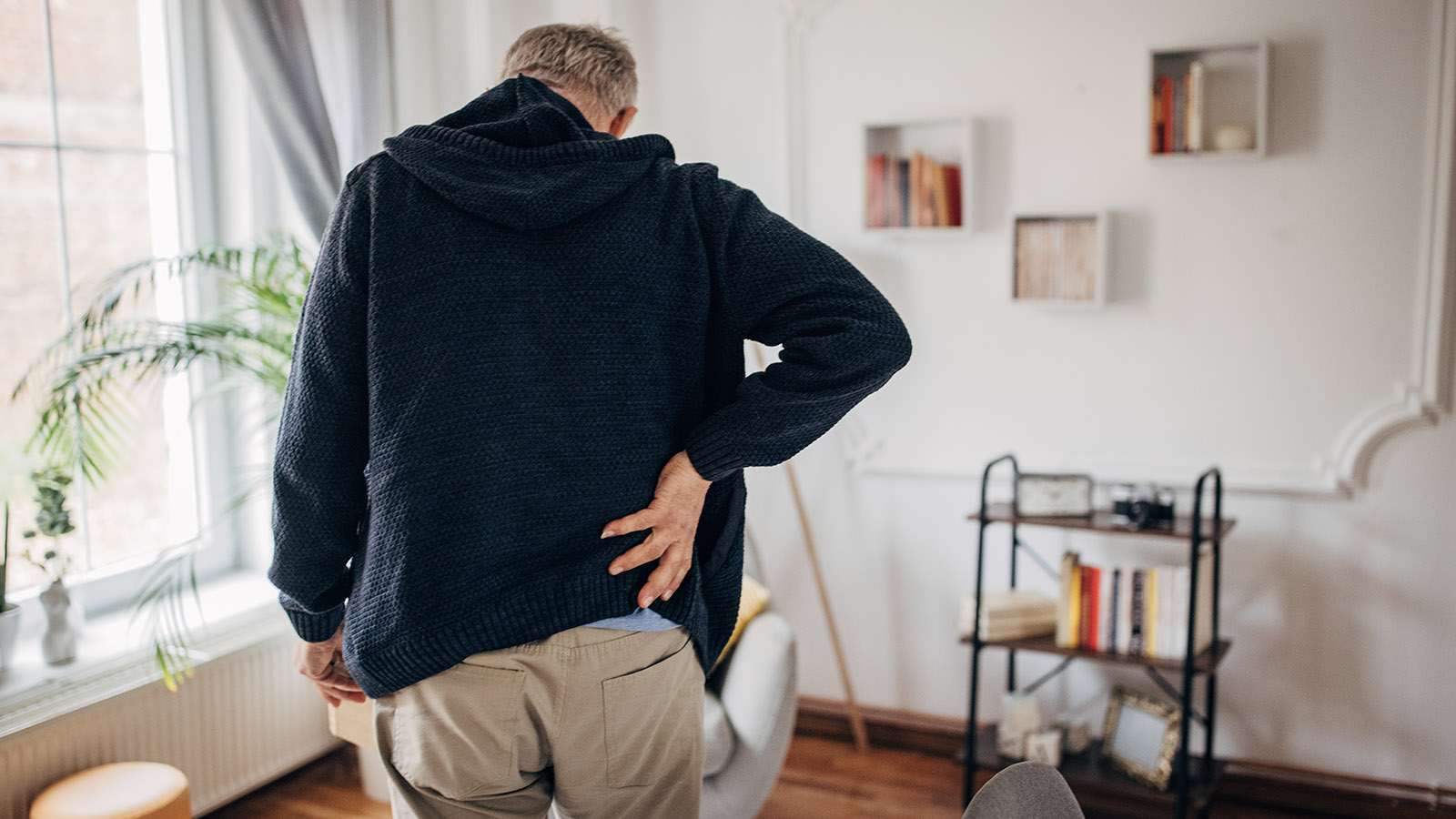
Is My Back Pain Normal, or Is It Sciatica?

Is My Back Pain Normal, or Is It a Herniated Disk?

When Is It Back Pain, and When Is It Something More?

Watchman Heart Device: a Technological Breakthrough for Blood Clot Prevention

Albert's Emergency Cardiac Surgery Is a 'Story of a Lifetime'
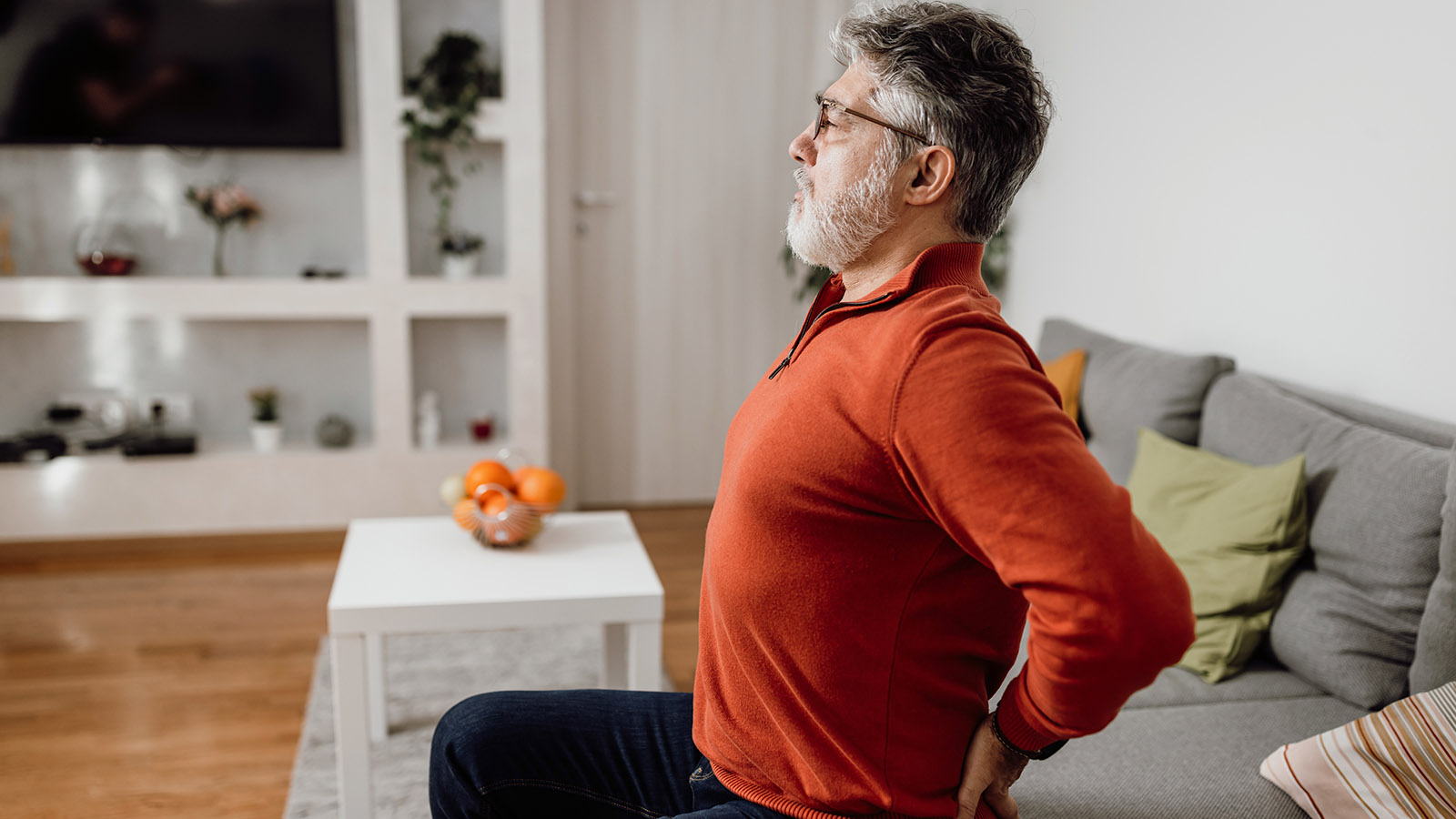
What Can I Do Right Now About My Aching Back?

How Do I Get Rid of This Back Pain for Good?

Love Your Heart: Essential Care Tips for Every Stage of Life

How Do I Measure My Blood Pressure at Home?

How Do I Improve My Cholesterol Levels?

3 Ways to Reduce Your Stroke Risk

Can Your Gut Health Affect Your Heart?

When Should I Be Worried About My Neck Pain?
Advanced Heart Failure Therapies Get Bernadine Back to Full Speed

Sarah Wins Back Her Health After Crohn's Disease Diagnosis

Overcoming Addiction, Philip Now Sees More Positive Side to Life
Firefighter's Successful Lung Cancer Care at Virtua
A Lung Screening Put Teresa Back in the Race

A Breast Self-Exam Saved Kristen's Life

How Sex Keeps You Healthy as You Age

Protect Your Child From HPV and Related Cancers

Why IUDs Might Be The Most Effective Birth Control

5 Things You're Too Embarrassed to Tell Your OBGYN

4 Not-So-Crazy Questions to Ask Your Doctor

Early Treatment is Best to Relieve Hemorrhoid Symptoms

The Top 10 Foods For A Healthy Diabetes Diet

Keeping the Beat: Advanced Heart Surgery for Aortic Aneurysm
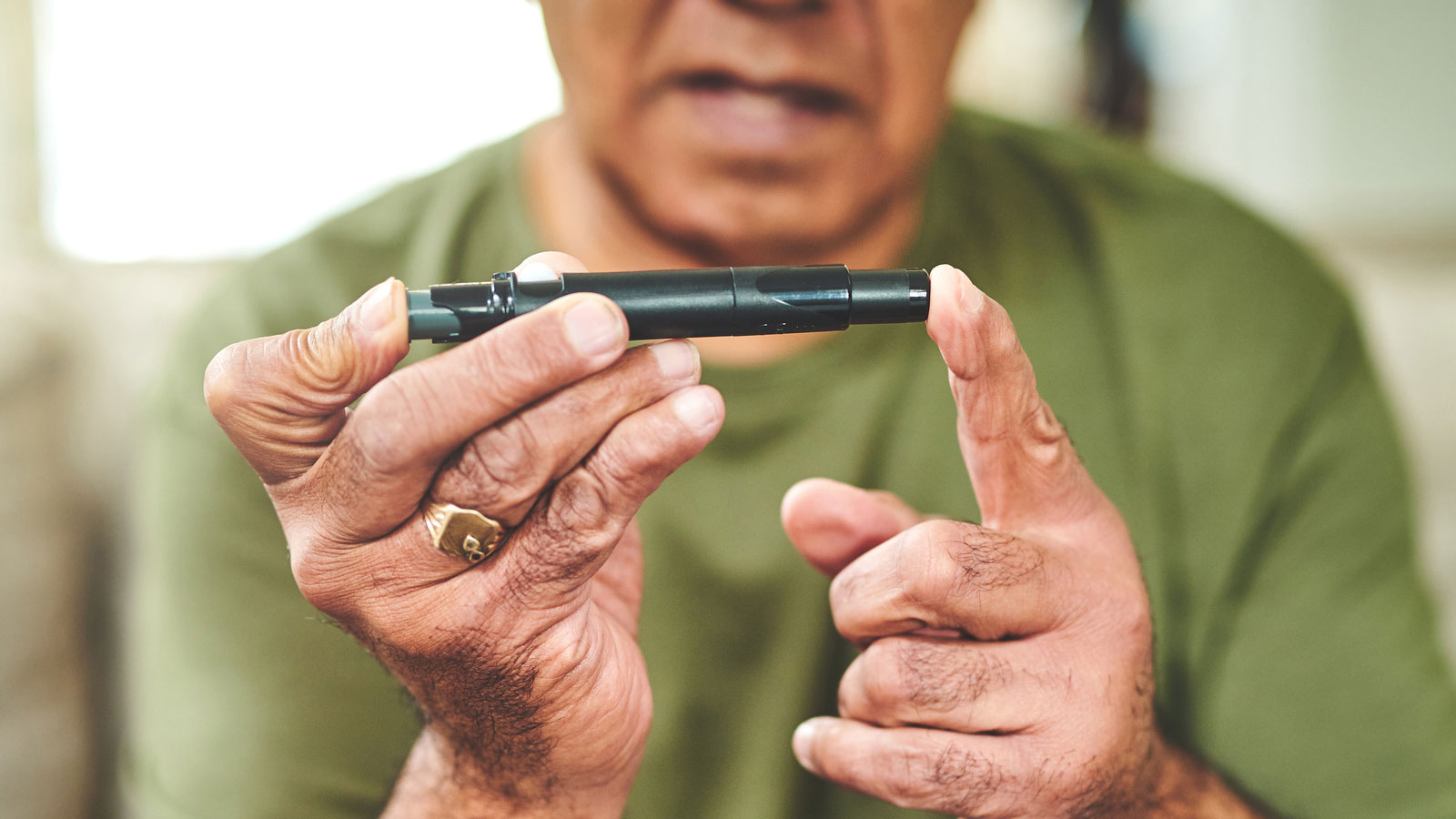
Are You At Risk For Chronic Kidney Disease

Local Pastor Makes Kidney Health Mission of Ministry
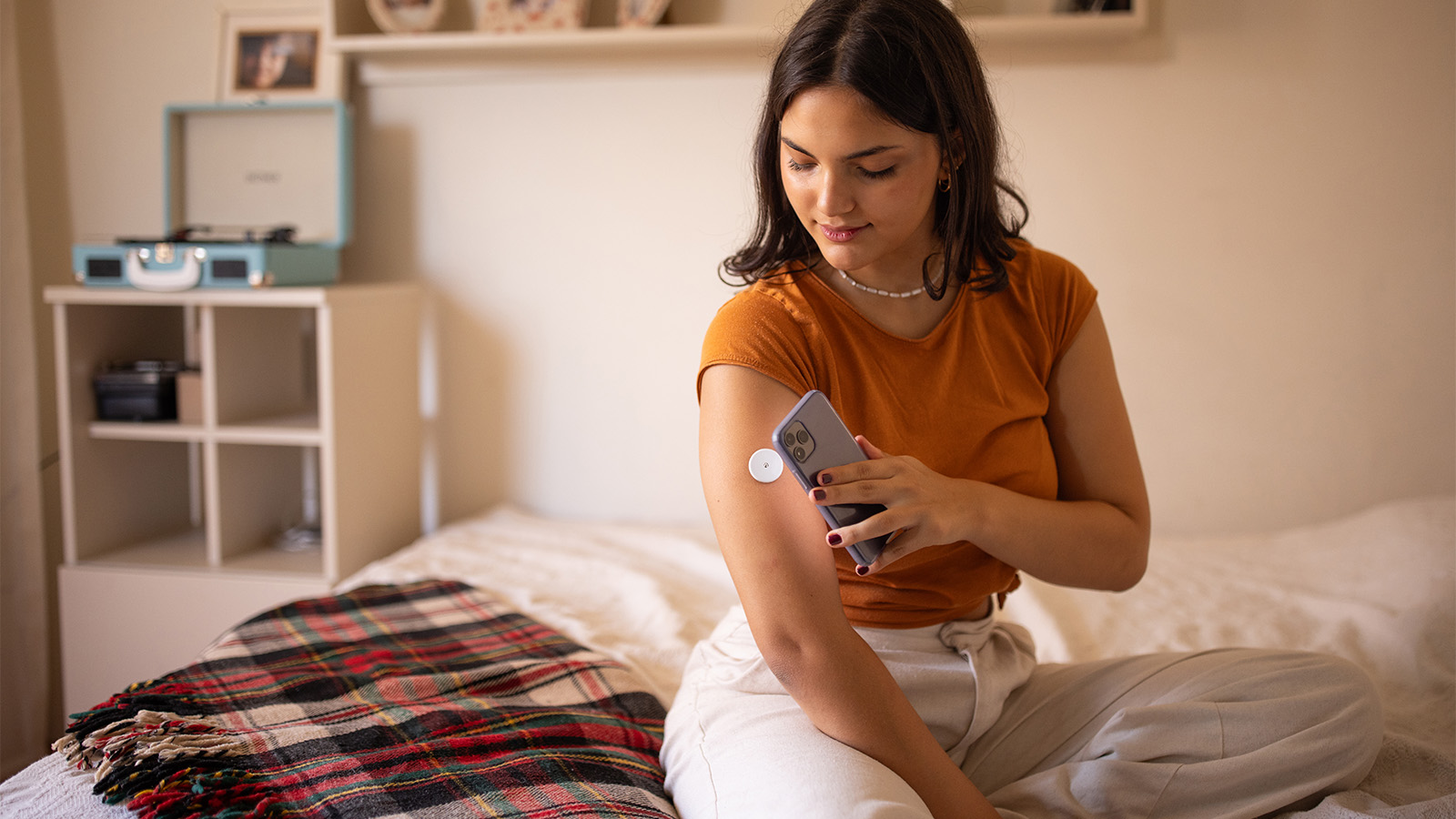
What’s the Difference Between Type 1 and Type 2 Diabetes?

All for Bear: Dan Loses Weight to Be His Son’s Kidney Donor

Hyperbaric Wound Therapy Puts Joette Back in Motion

Robotic Hernia Repair Renews David's Active Lifestyle

